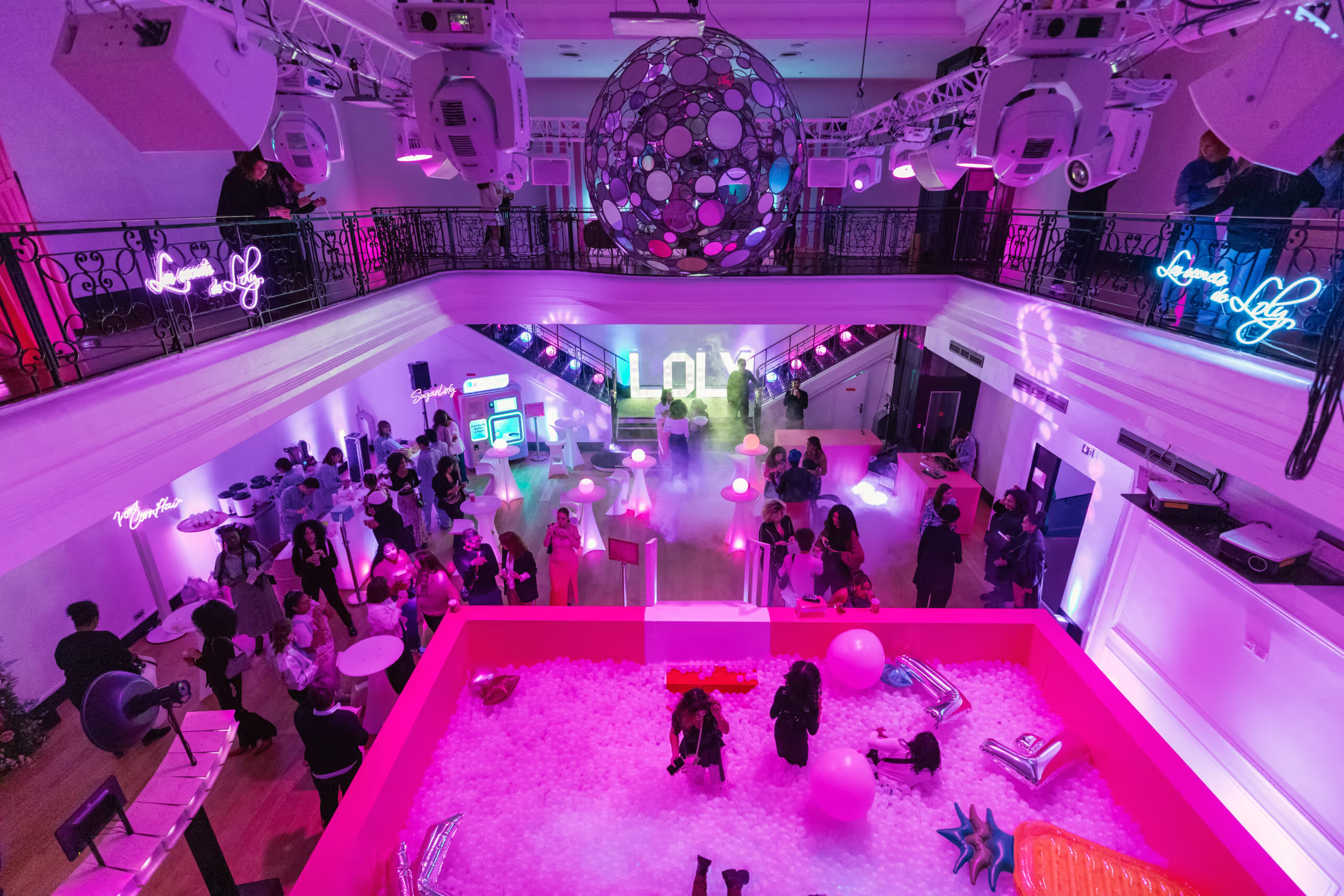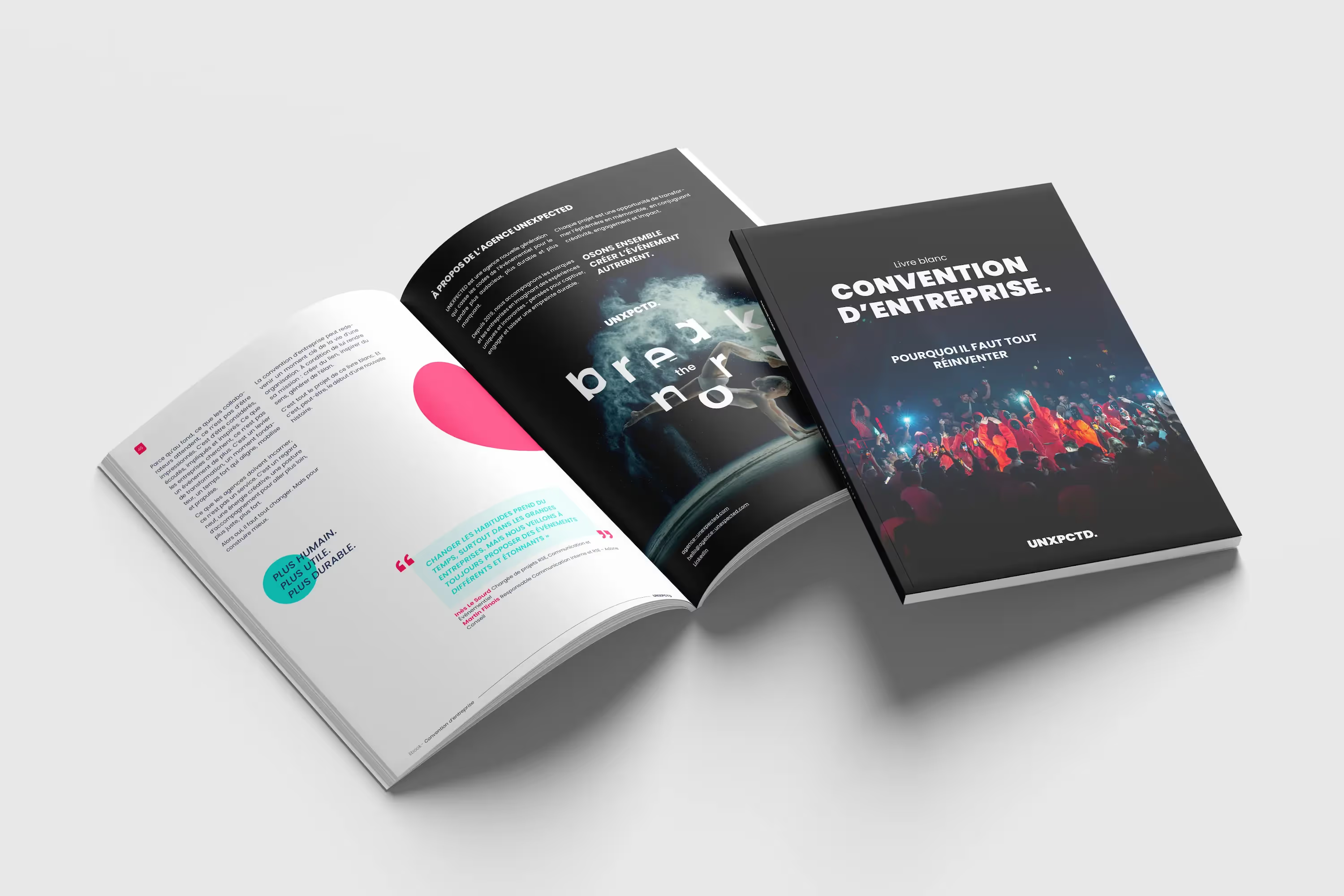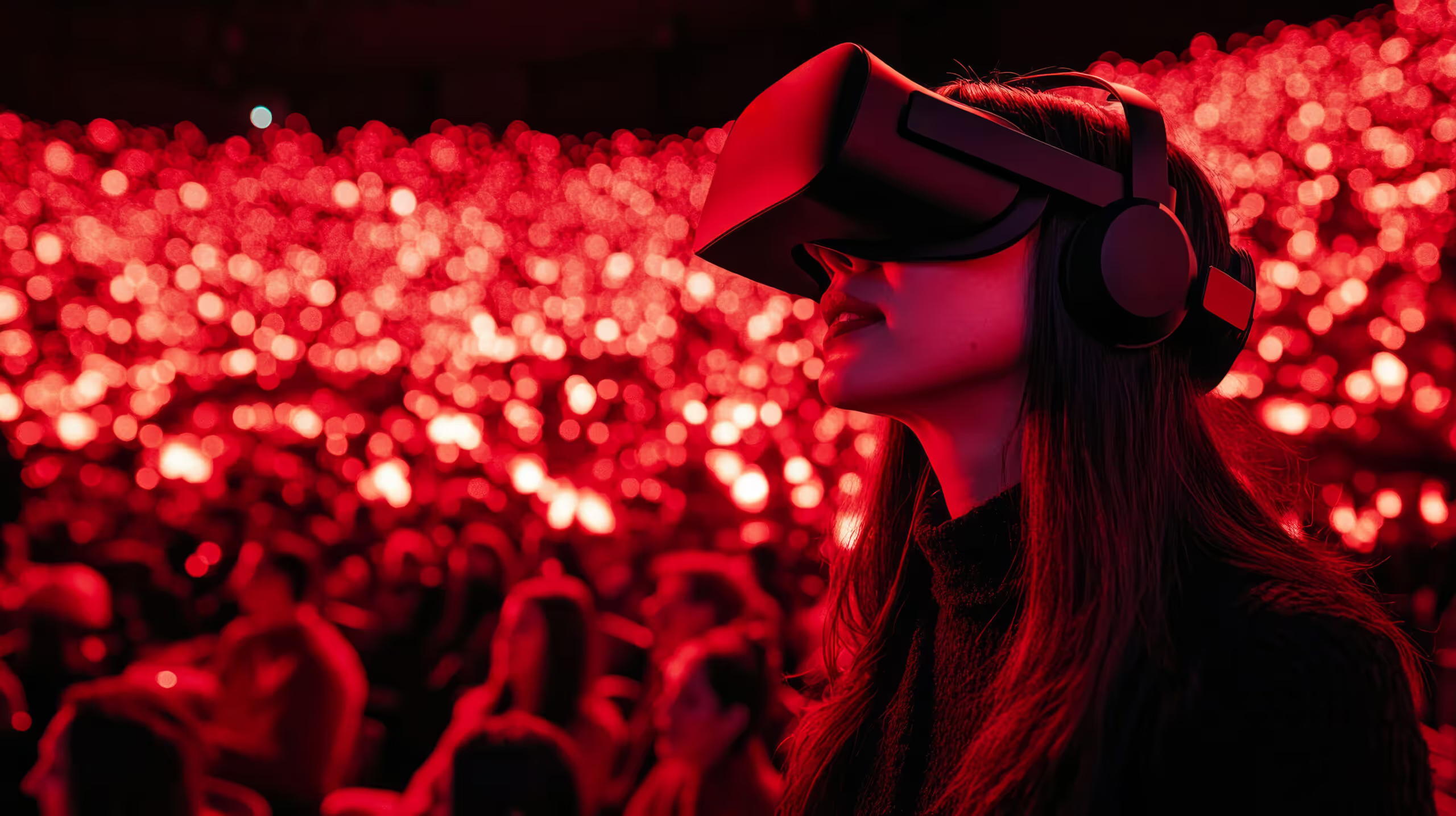When we attend an event as a guest, we rarely think of all the people who were needed to make it happen. We just enjoy the moment, and that's good. This means that those behind the event have accomplished their mission.
But even if we decided to think about the scope of the work, our outside eyes would only suspect that part of it was incomplete. We are going to introduce you to some of these actors working in event agencies, these brains and these little hands thanks to which magic happens on D-Day!
If the world of events attracts you, this reading may also be an opportunity to get to know these professions that never leave time to get bored...
Agency manager 👩 💼
Since the scope of his responsibilities varies according to the size of his structure, the branch manager has every interest in being versatile. In general, he represents the agency. It provides the vision, the strategy and manages its execution. Its mission is to ensure the financial and administrative management of the agency in order to maintain it in good health. He also plays a managerial role, overseeing the recruitment, well-being and development of his employees.
Consulting director 🕵
Reporting to General Management, the consulting director guides clients on the strategy to adopt according to the objective of their event and their constraints. He ensures the quality of the deliverables. This includes respecting the specifications, deadlines and budget. To do this, he oversees the project teams.
Customer manager 🤝
The client manager's mission is to develop the event agency's client portfolio. To do this, he or she will devote a significant part of their days to prospecting (via LinkedIn, by email, by telephone...). Another major aspect of its mission is the creation of a lasting relationship with customers to increase the chances of loyalty.
Project manager 💁 ♂️
The project director oversees the events in their entirety. It intervenes or is available for support as soon as a customer request is received, then at all stages of the project (design, implementation, production). In close collaboration with the project managers, the project director recommends the best possible event offer and then ensures that it is implemented.
Project manager 🙋 ♀️
An event project manager brings to life the briefs of the agency's clients. This means that they imagine and then design events, taking into account the desires and constraints of the customer (location, budget, number of people...). Organizational skills, stress management, autonomy and creativity are among the essential qualities of any project manager.
Project manager assistant 🏃
The missions of the assistant project manager are very similar to those of the project manager. His daily life consists in imagining and then producing the events for which his project manager is responsible. It helps the latter with research, writing reviews, etc. There is no decision-making on the part of the assistant project manager.
Production manager 👨 💻
The production manager works with the production manager and the production managers. He establishes budgets and a work schedule, always respecting the specifications and deadlines of his customers.
Logistics director 📦
The logistics director takes care of event logistics management and provides the best advice on this subject. Management includes identifying resource needs, negotiating contracts with suppliers, coordinating transport logistics, supervising facilities, and managing personnel.
Technical director 👷
Prior to the event, the technical director identifies the technical service providers required for the project. He monitors the equipment before, during and after the event. On D-Day, he supervises the technical teams and must be able to make quick decisions in the event of a technical problem. He also has the role of advising on his expertise.
Top fear ⏱
As his name indicates, the topper is the one who gives the start (of a music, a speech, an animation...) and starts the countdown. Conductor of the event, he manages the various stakeholders so that everything goes according to plan, on time. He may have to lead the rehearsals out loud, coach the speakers, guide the technicians or even find solutions at a critical moment.
Creative Director 👩 🎨
The creative director supervises the creative team, which may include, for example, an artistic director, a graphic designer, a copywriter, etc. Based on a client's request, the creative director proposes an action plan to his team. She will then use her creativity to bring it to life. The creative director will thus be able to retain the ideas that seem most appropriate to the client's desires, which he will try to convince.
Art director 👨 🎨
The artistic director is above all a creative person, but also a manager and a customer manager. He is thinking about the strong concept, the event brand that will make the identity and originality of the event. He submits his proposals to the client and reworks them if necessary. He then distributes the work between the members of his team (graphic designer, photographer, scenographer...) and then supervises all the stages of creation.
Graphic designer 🖌
A major asset for the communication of the event, the graphic designer designs visual supports intended to attract the target audience. They can take the form of a logo, flyers, POS, etc. His creations convey the identity of the event as well as that of the organizing company. It is also capable of producing roughs, i.e. graphic images of the future event, or even of designing stands.
Scenographer 🎉
The job of event scenographer consists in creating, creating and managing the spaces in which the agency organizes its clients' events. Its objective is to go beyond the scope of event decoration, by creating a truly immersive universe that will catch the attention of guests. Artistic qualities are therefore at the heart of this profession!
Decorator 🎀
While the scenographer plays with the guests' five senses, the decorator focuses on the visual aspect (materials, colors, lights, furniture, etc.). Under the responsibility of the scenographer and in close collaboration with him, the decorator chooses the layout of the space as well as the decorative elements that will create an atmosphere that meets both the concept and the objectives of the event.
Copywriter 🖋
In an event agency, the copywriter writes key messages and engaging stories for events. Its aim is to attract the attention of participants and to strengthen the company's brand image. This may include writing scripts for speeches, presentations, presentations, videos, ads, articles, and more.
The common points of the different jobs in event agencies
Although this is not a general rule and these statements change according to the structure of the agency, we can say that those who work in an event agency:
• Have a good sense of organization;
• Possess creative qualities;
• Enjoying teamwork and human contact;
• Manage stress well;
• Do not count their hours;
• Often work with staggered hours (evenings, weekends);
• Above all, are passionate about what they do!

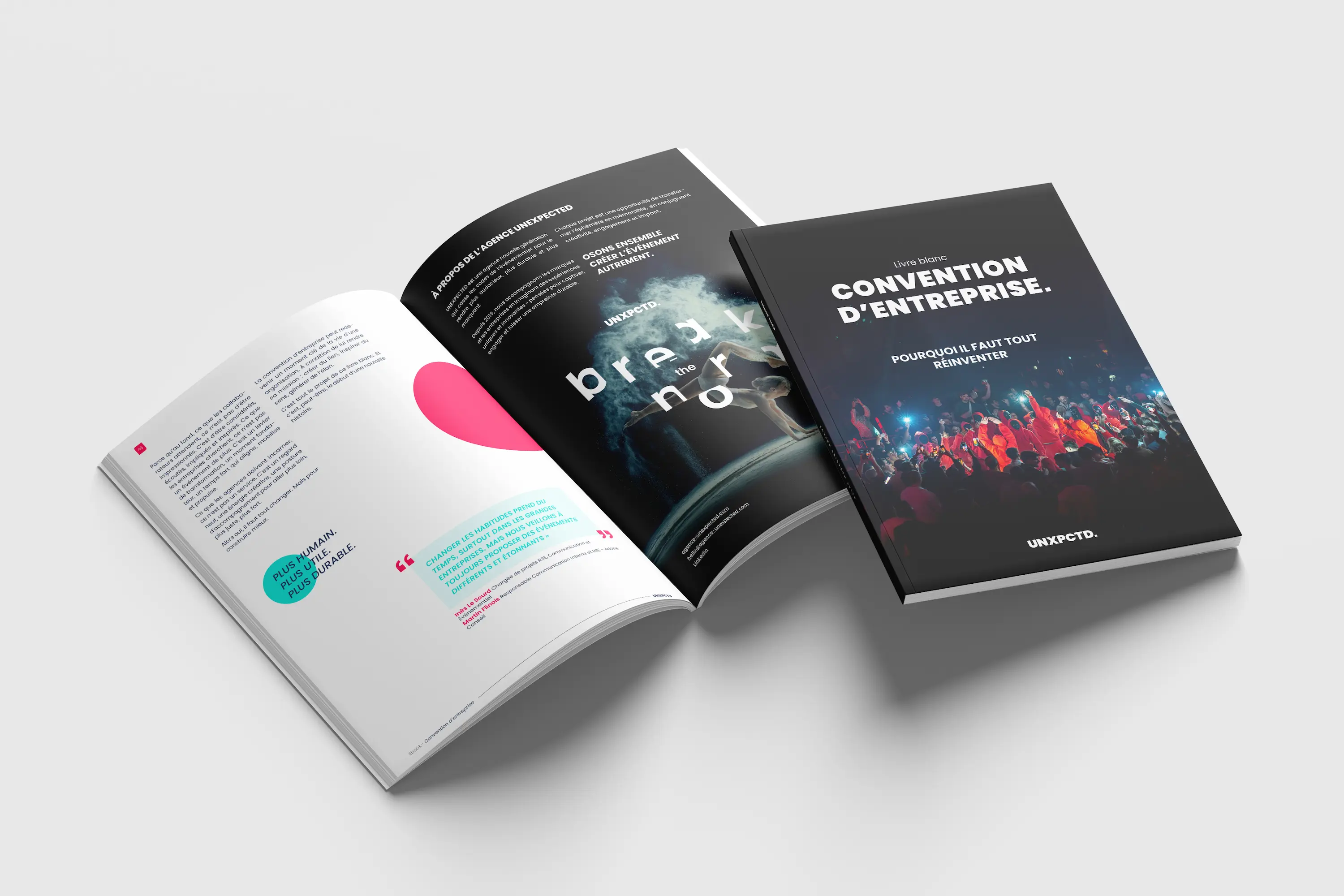
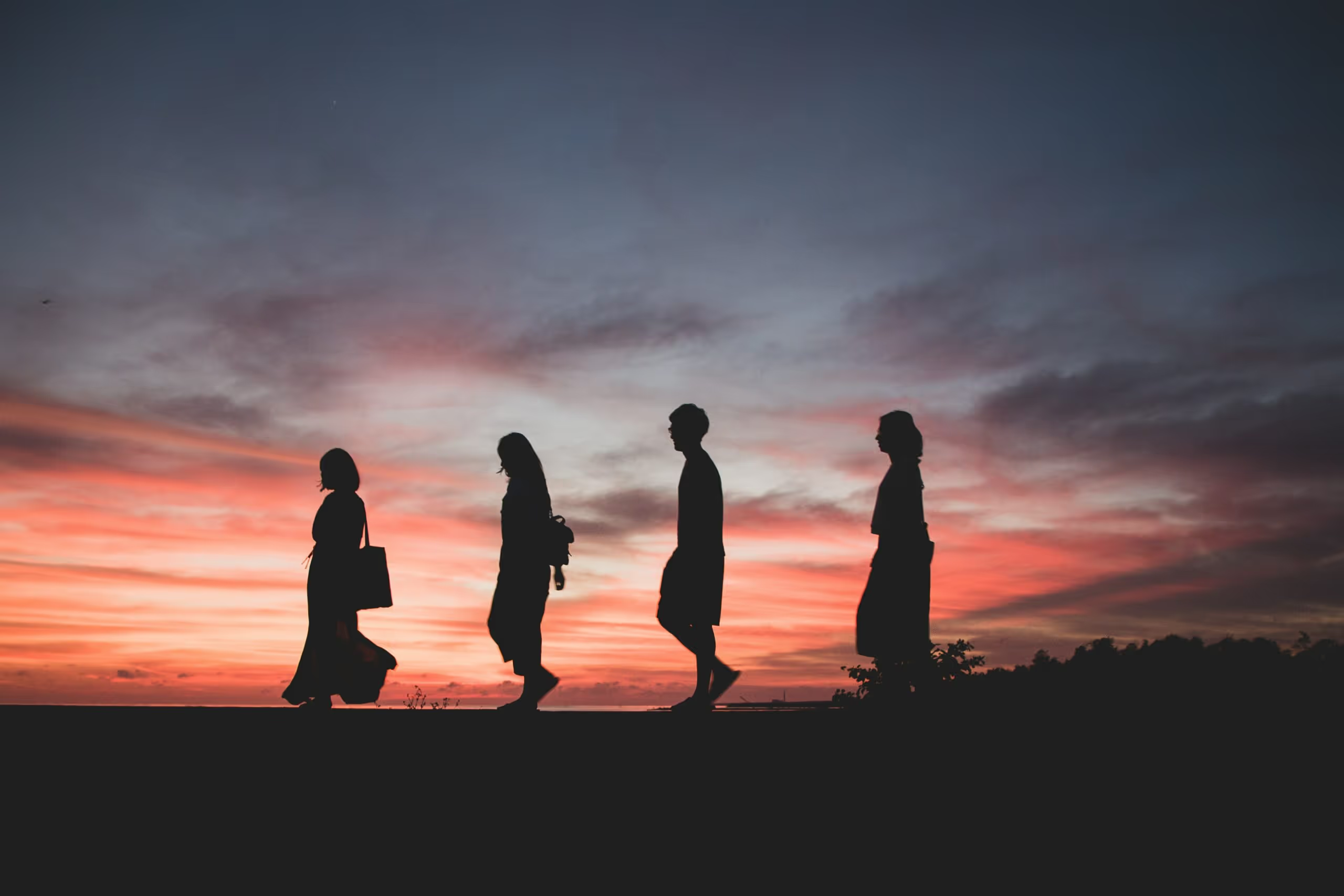

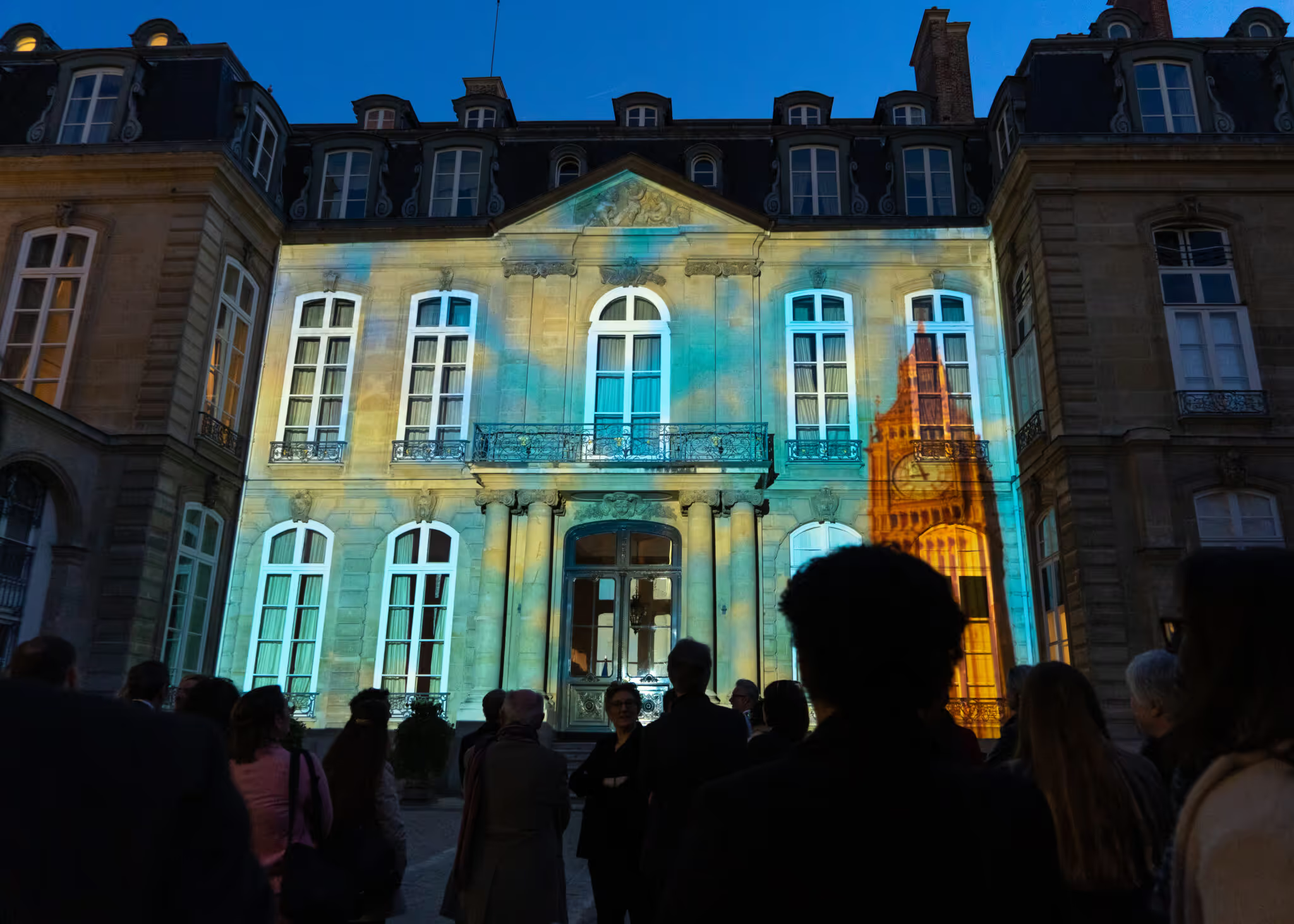
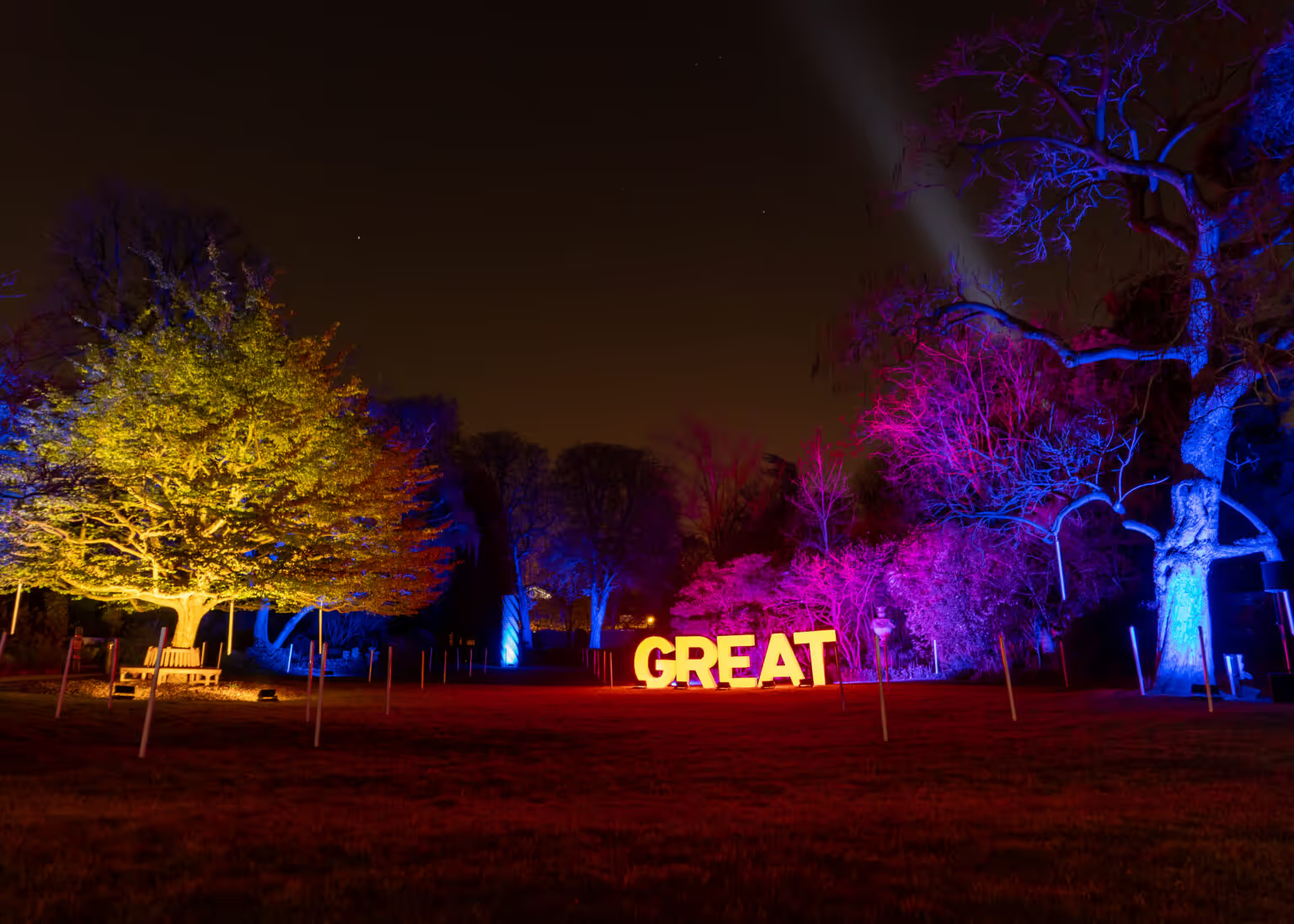

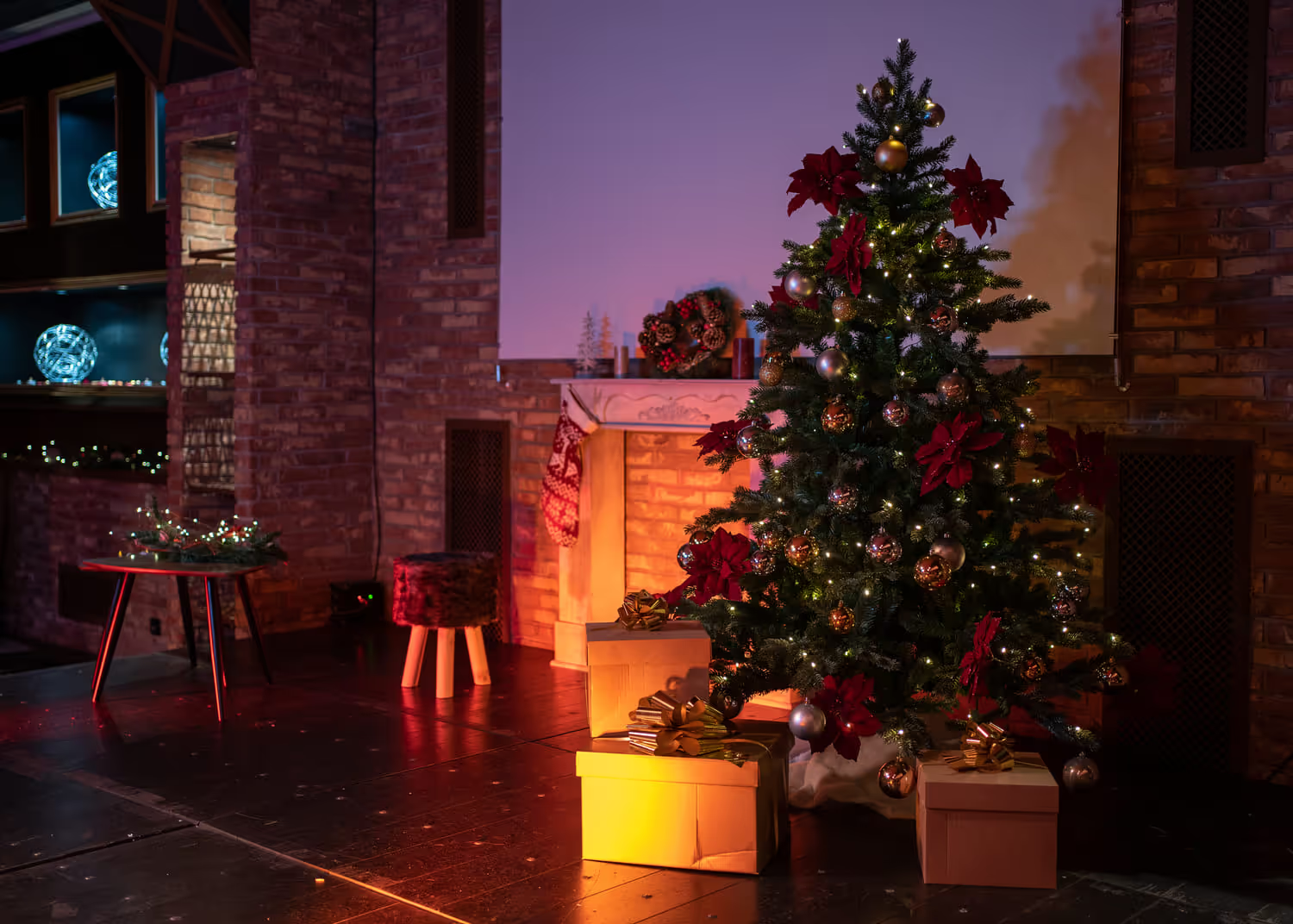
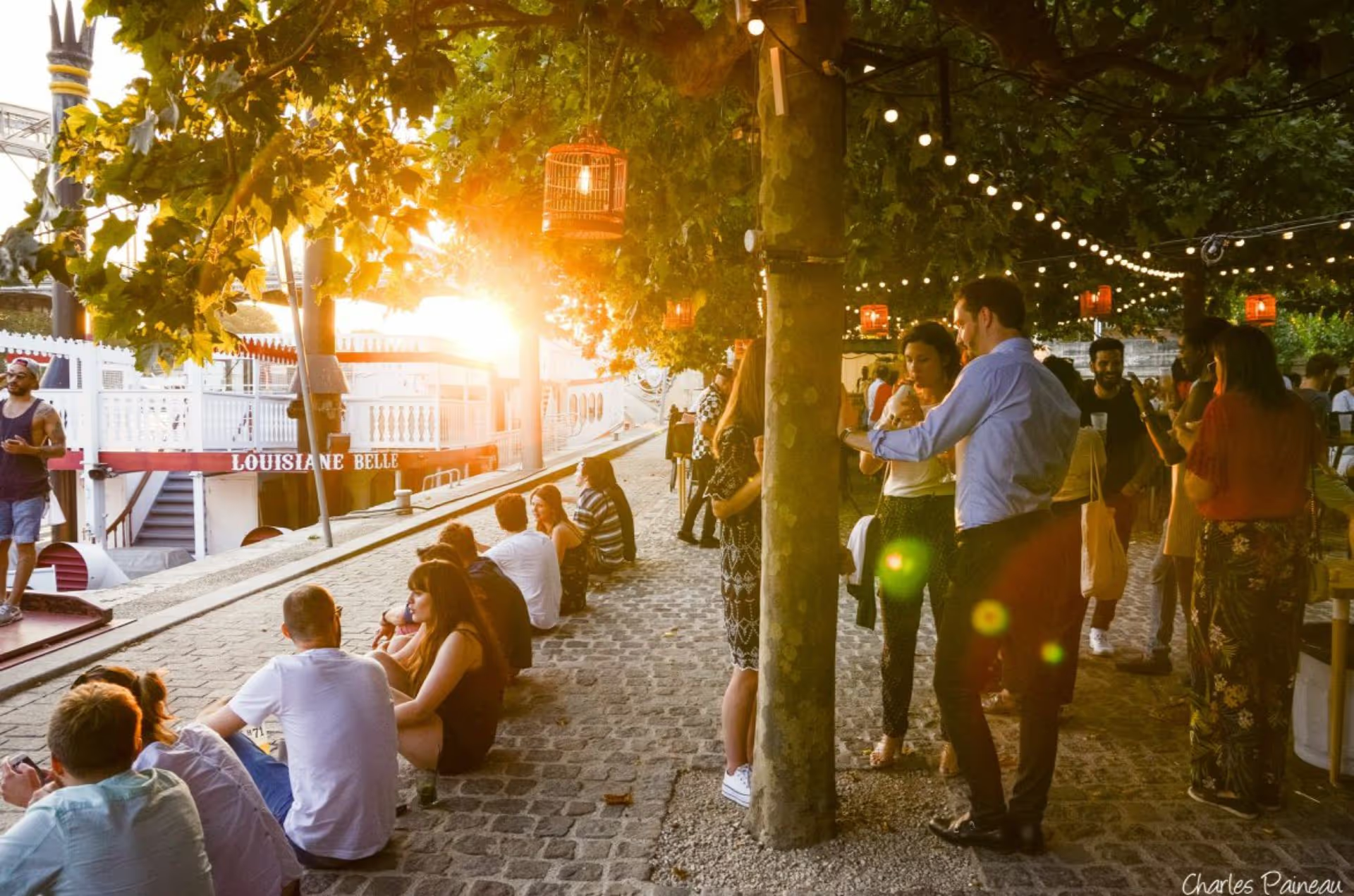
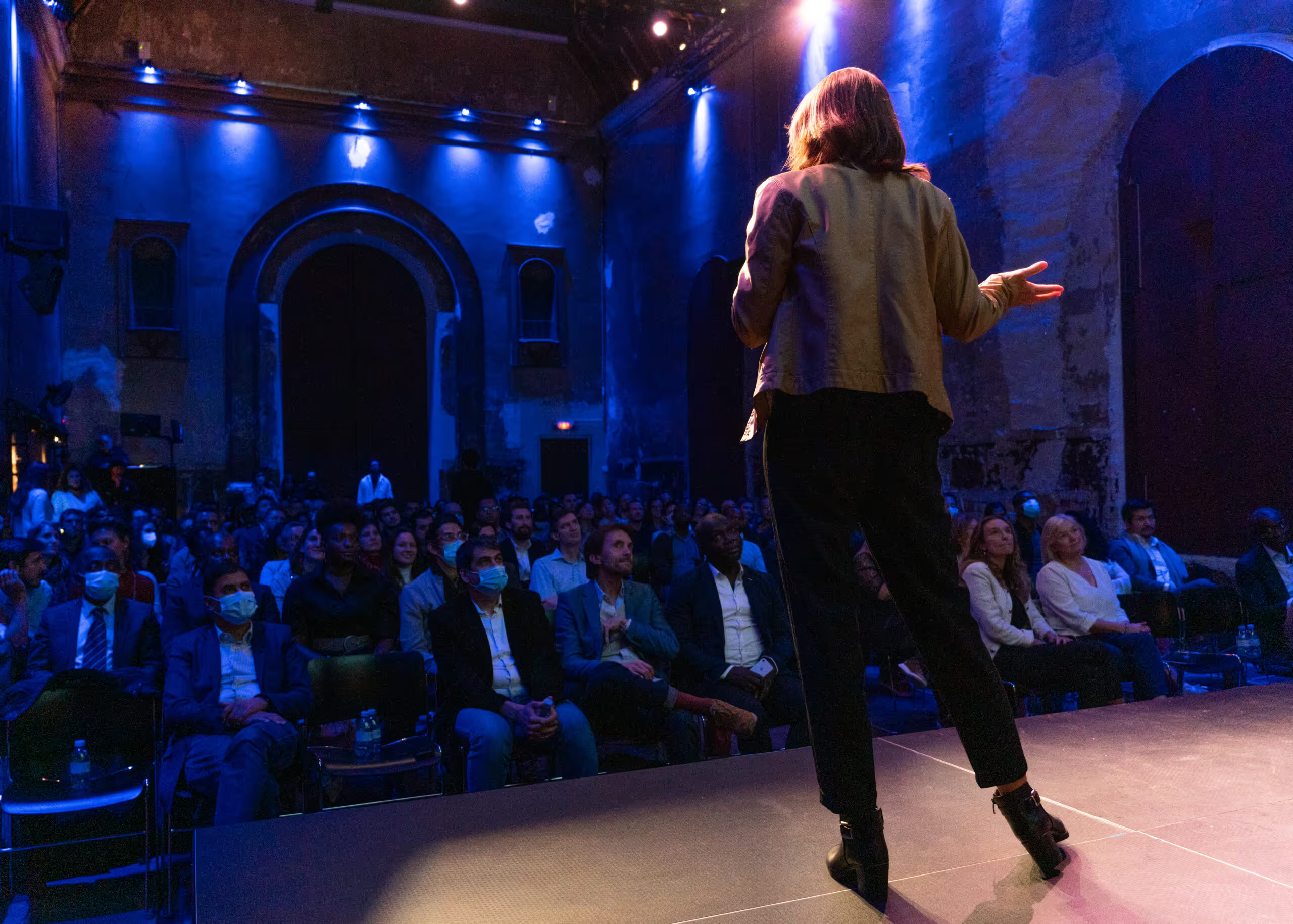
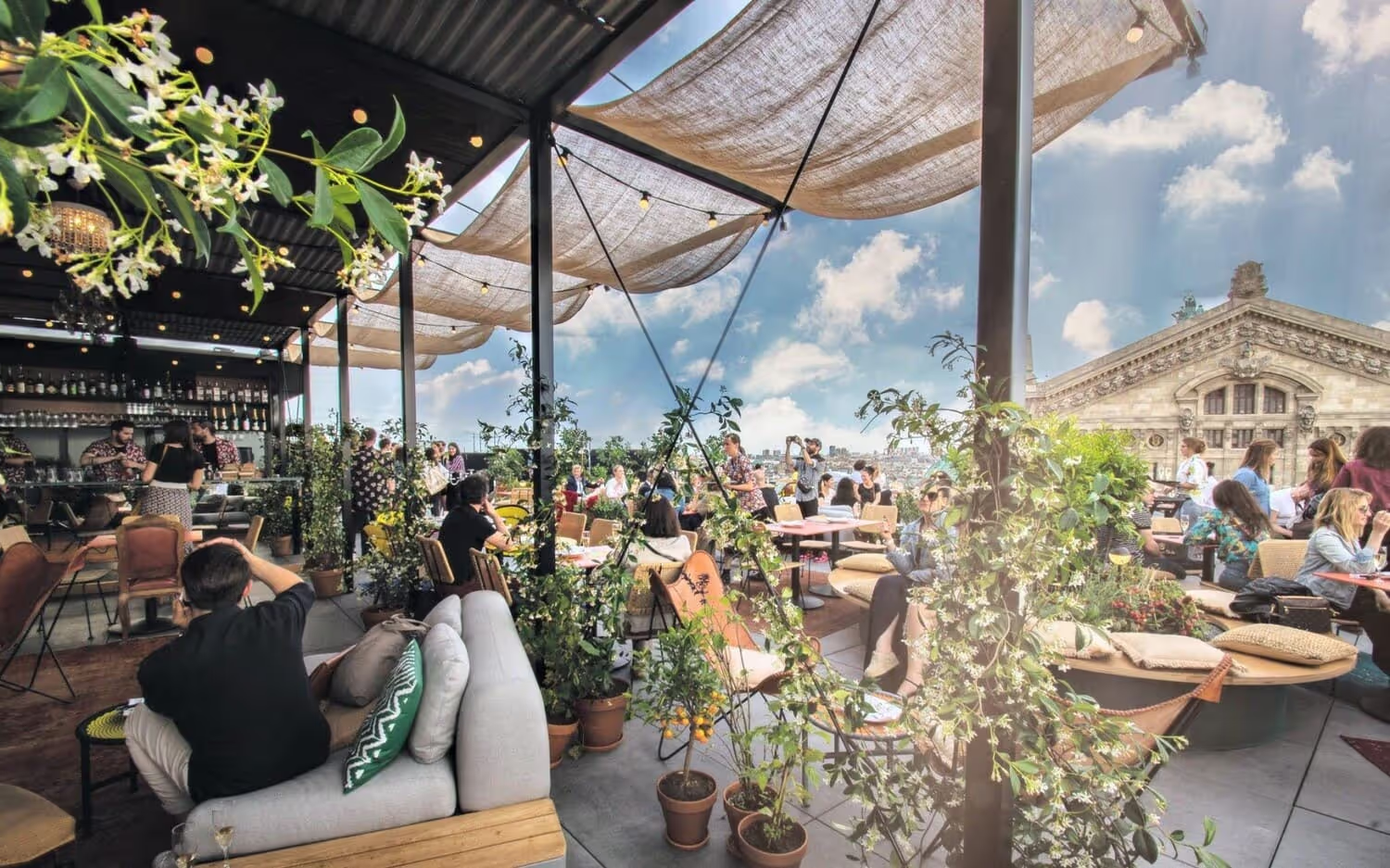
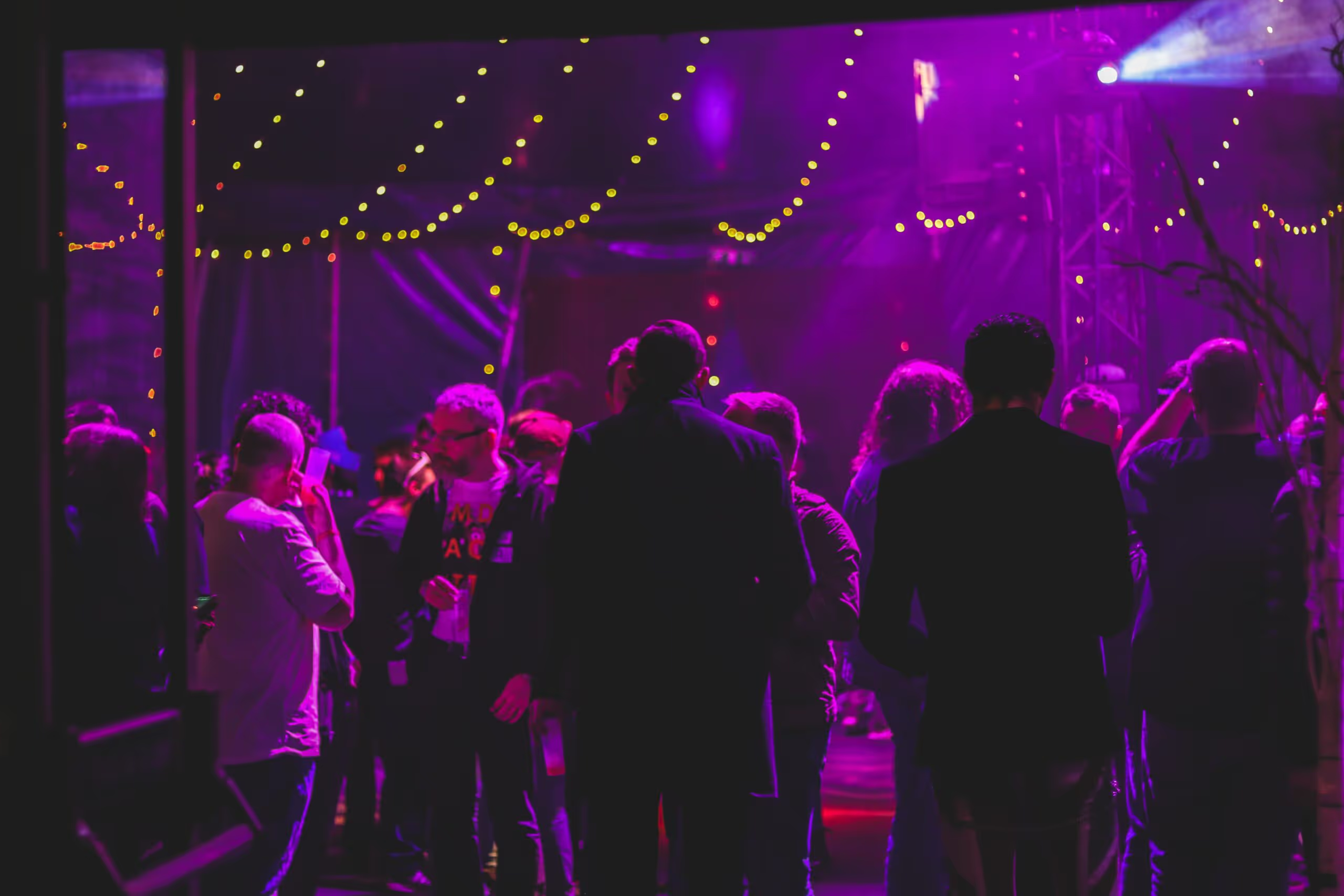
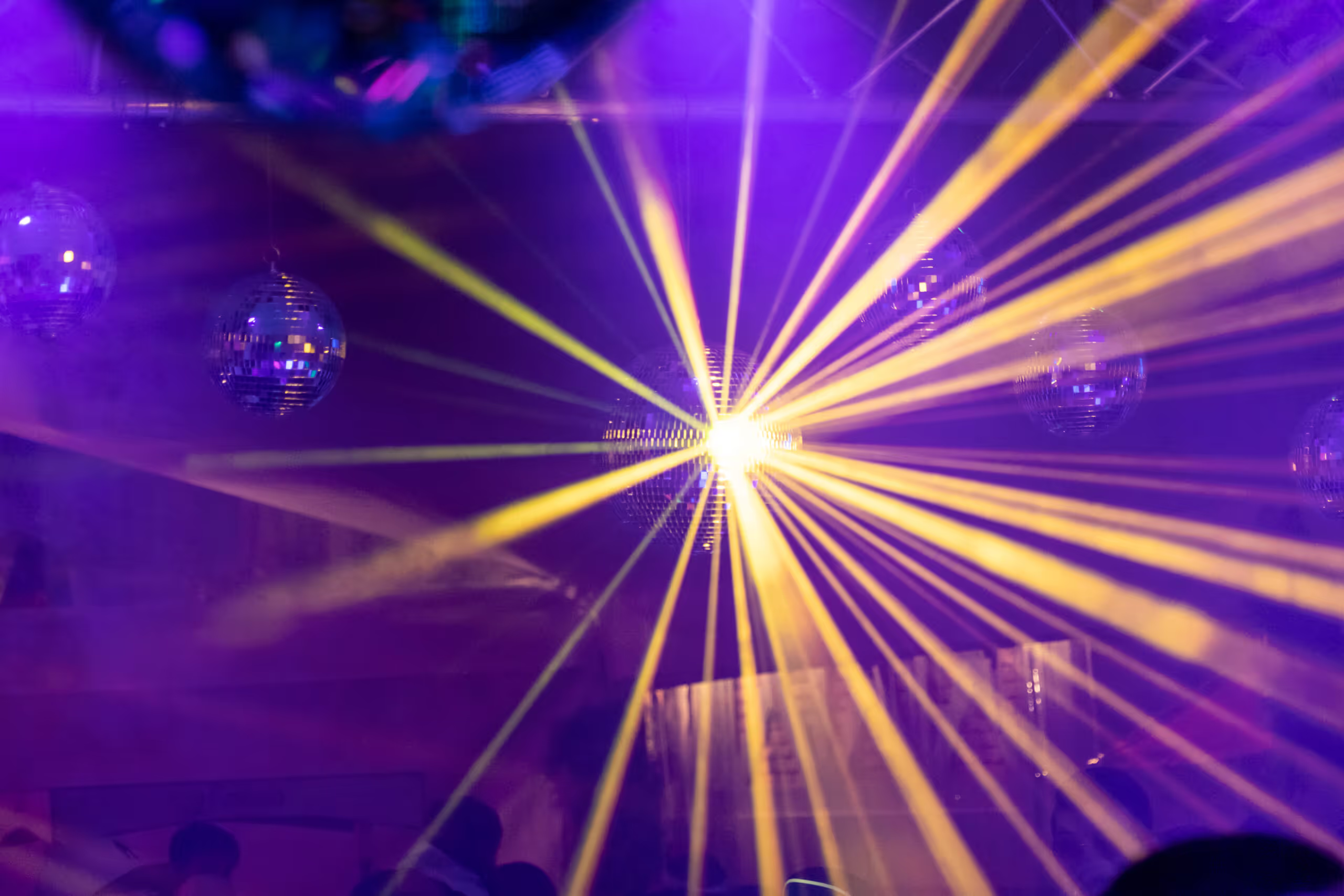
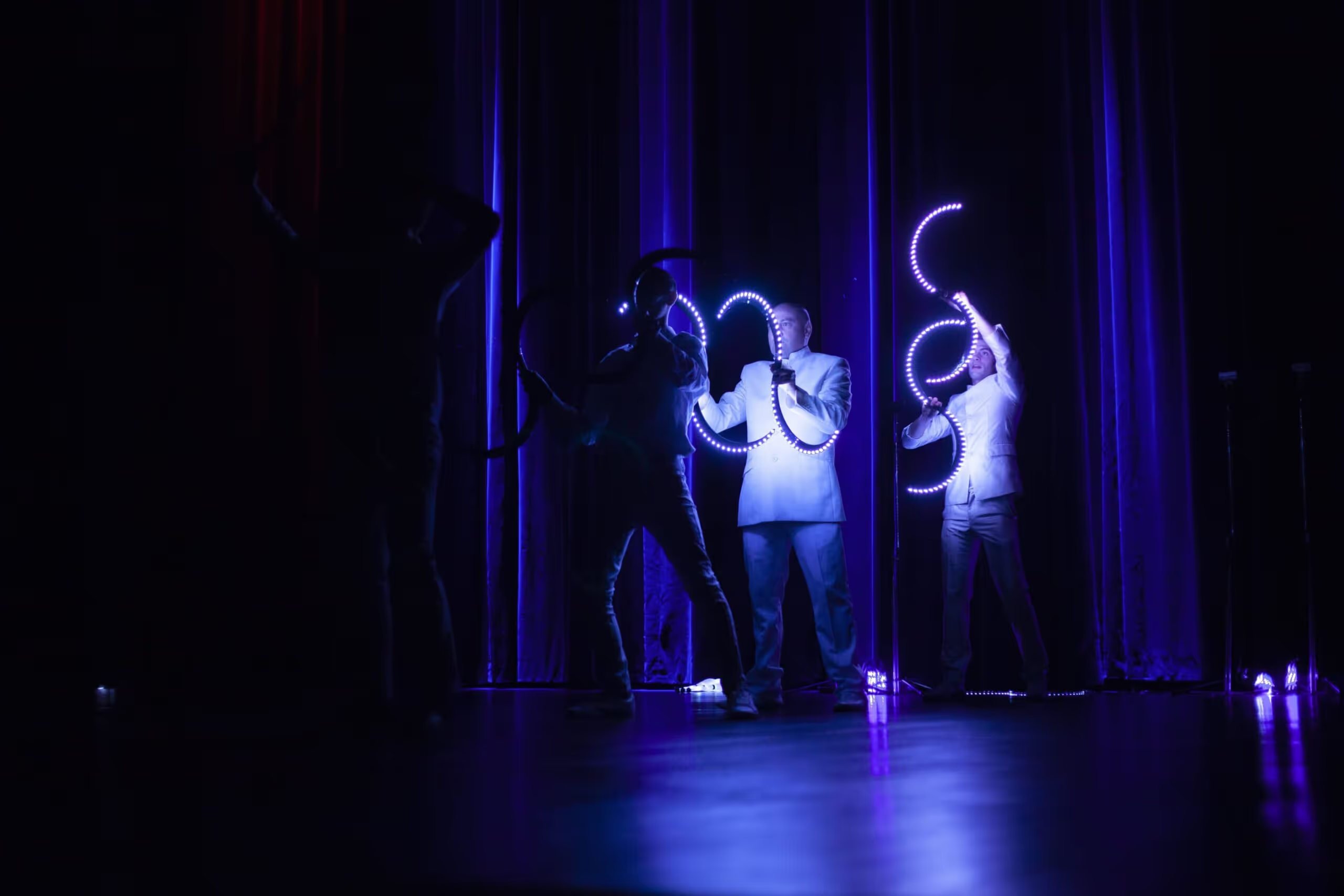
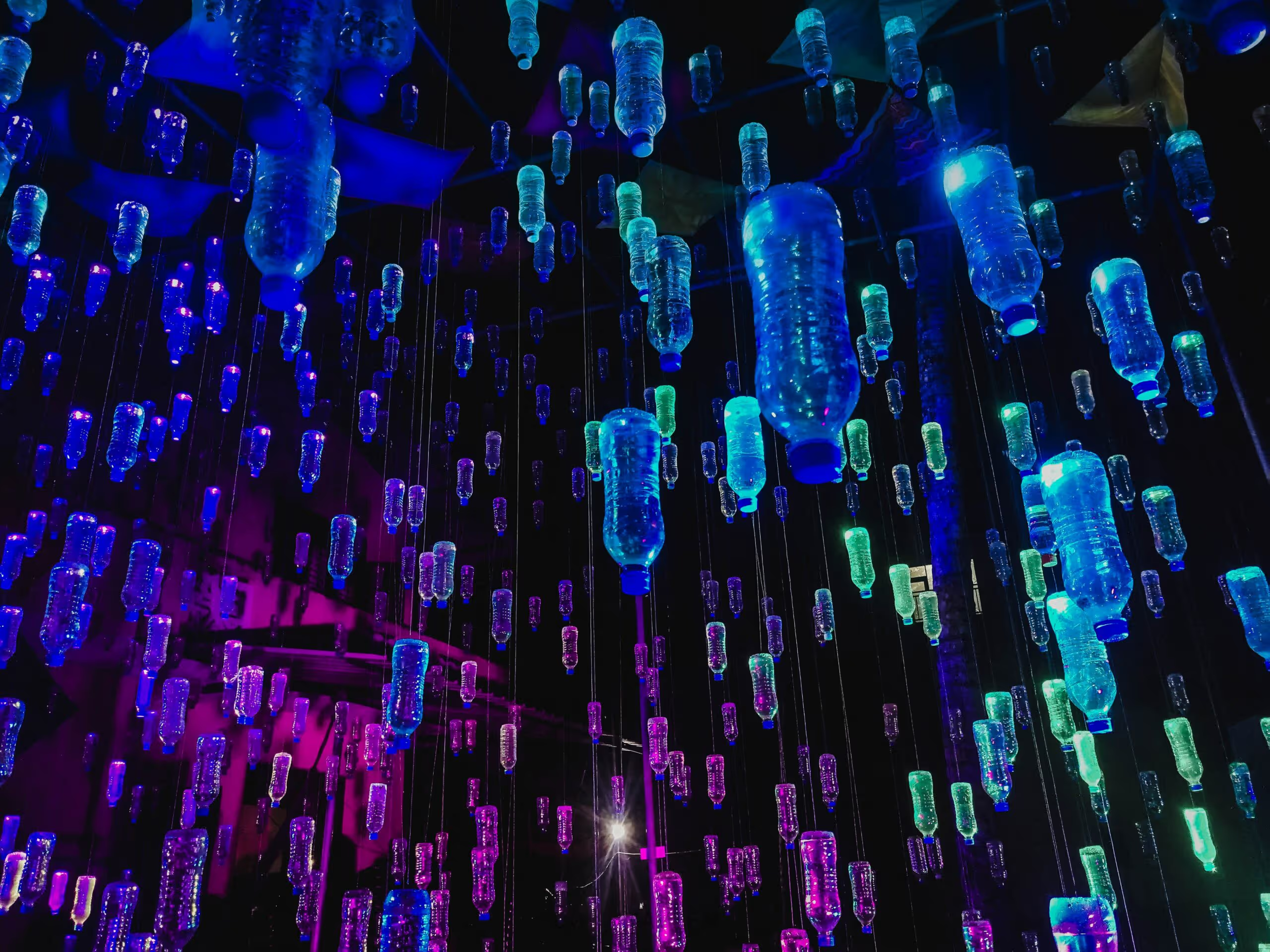
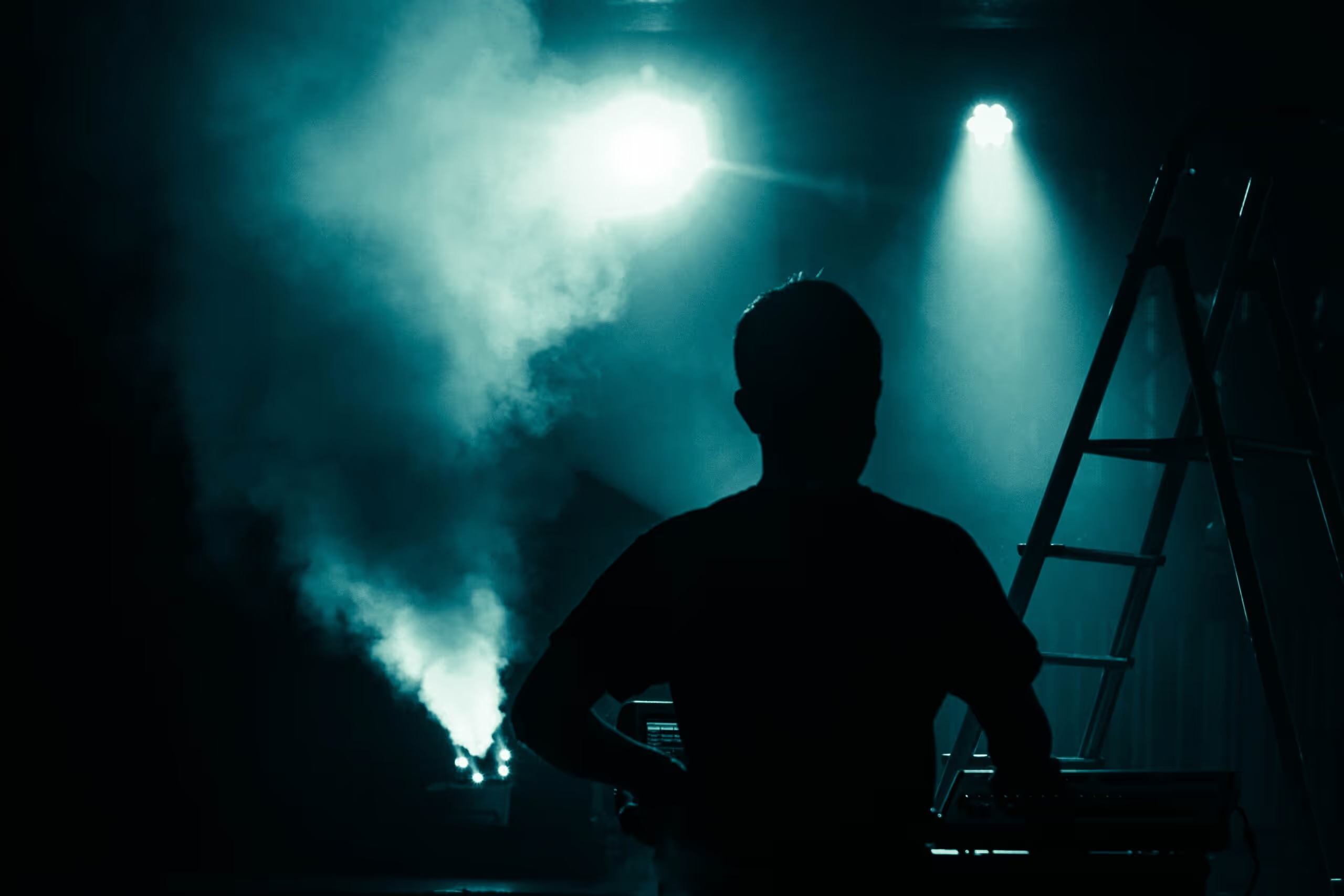
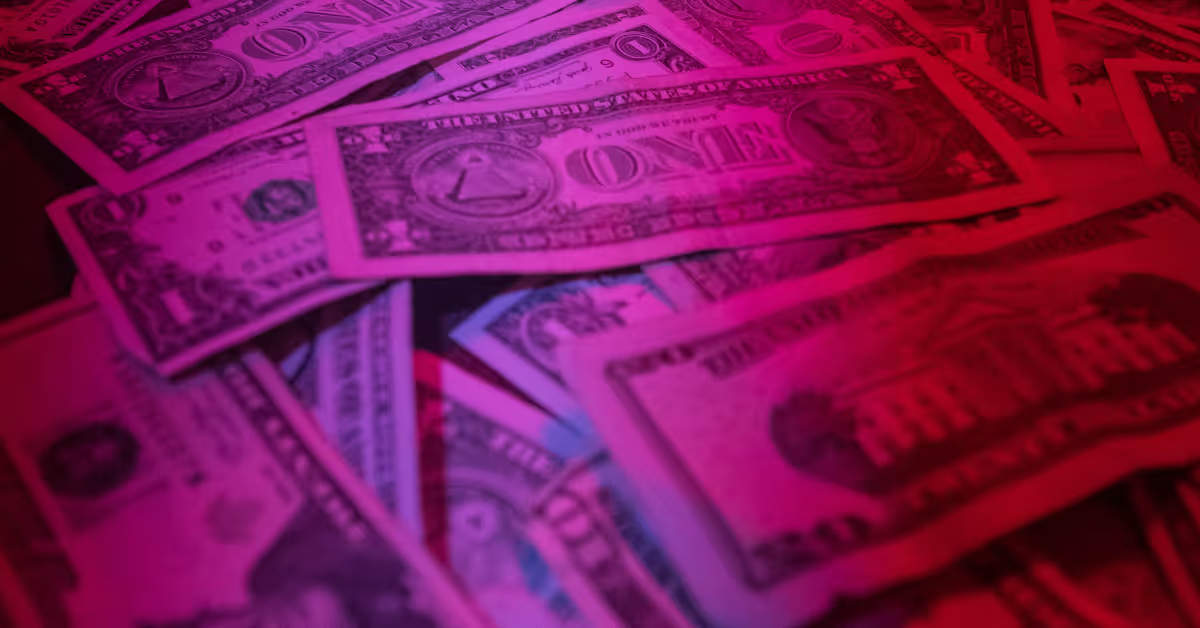
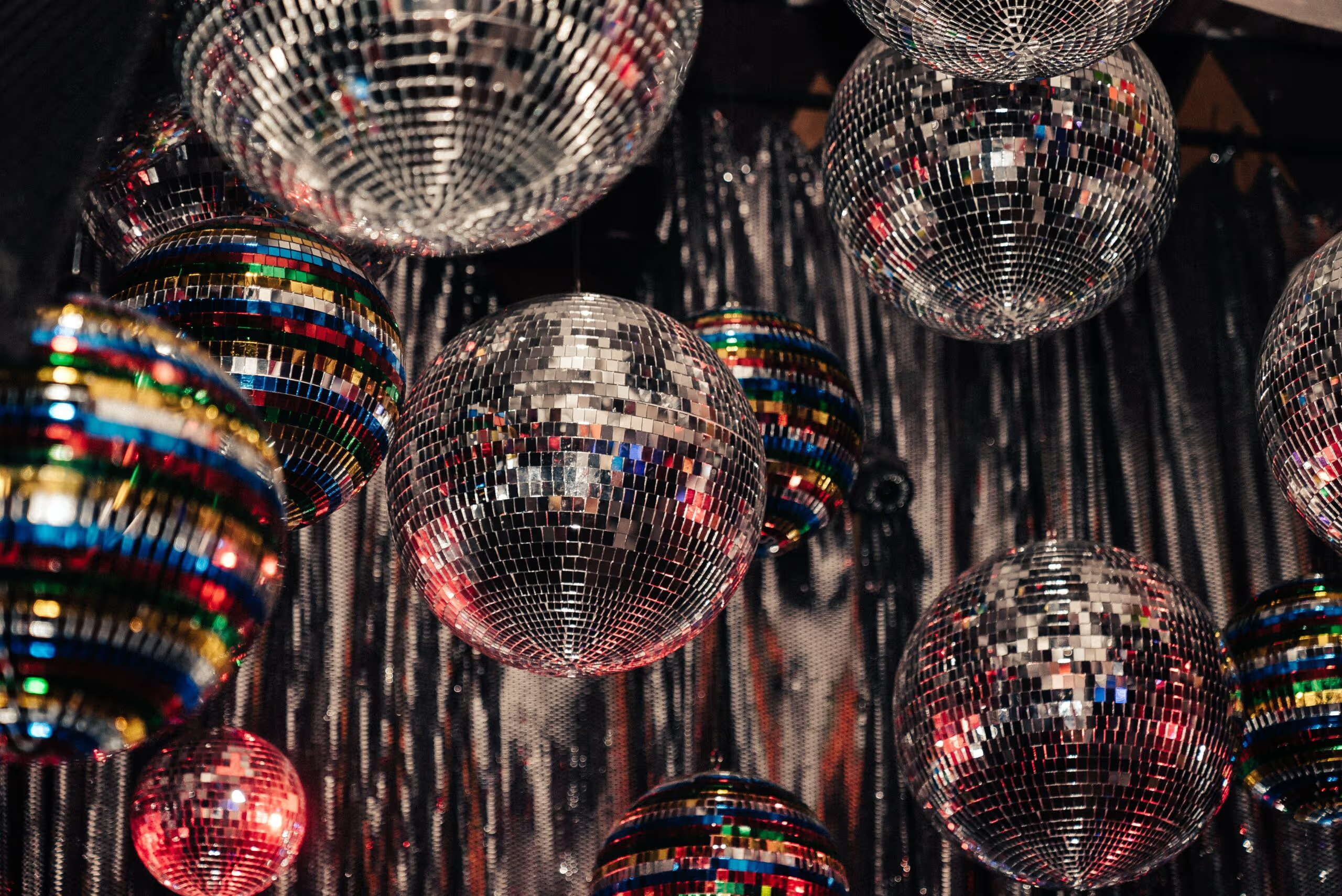
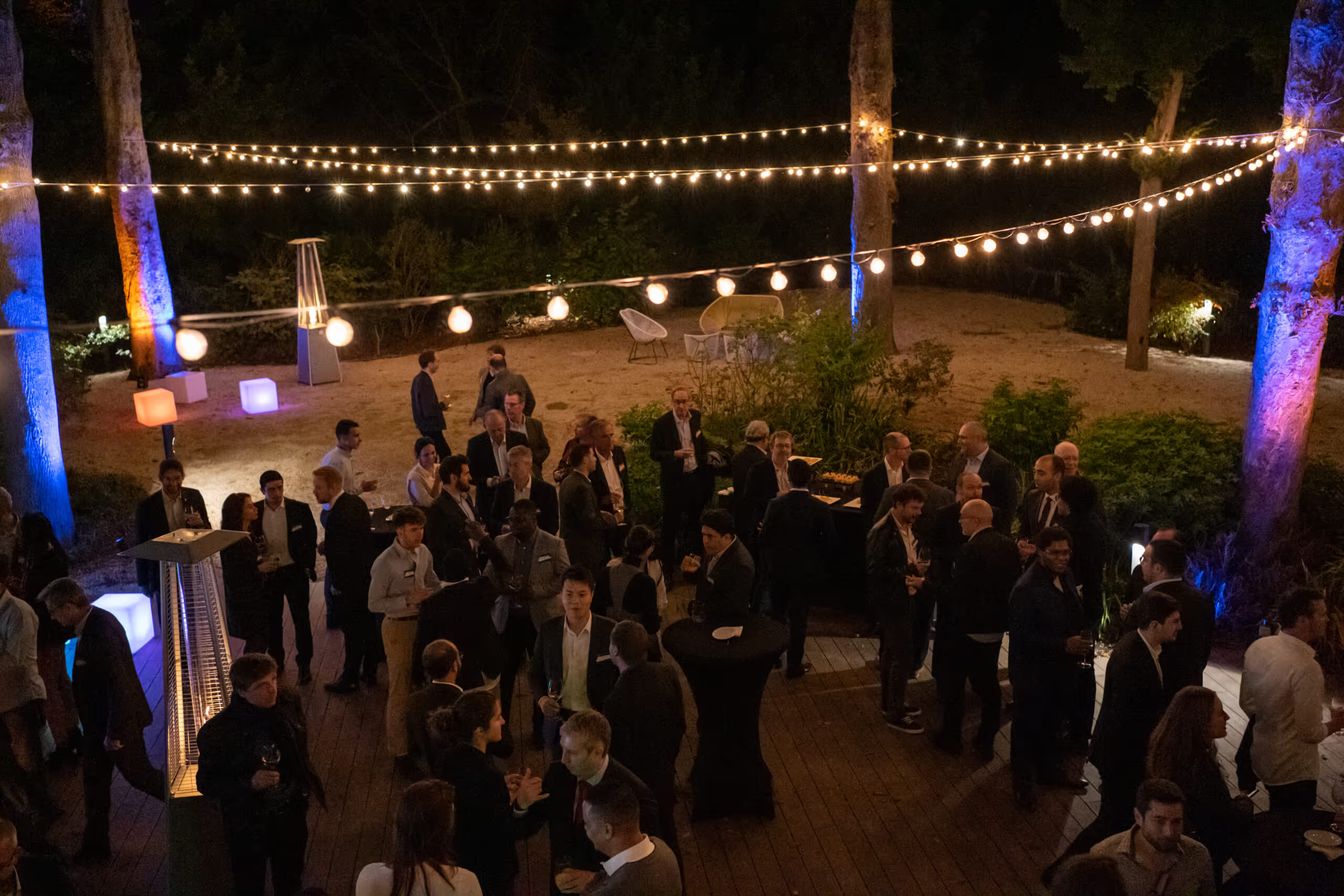
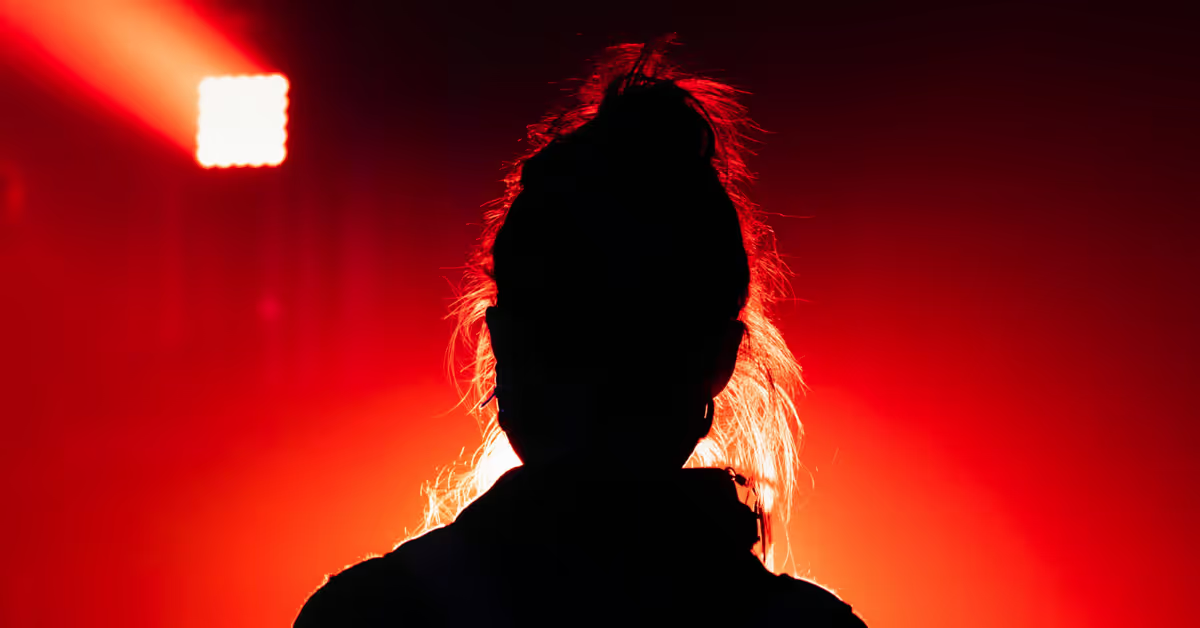
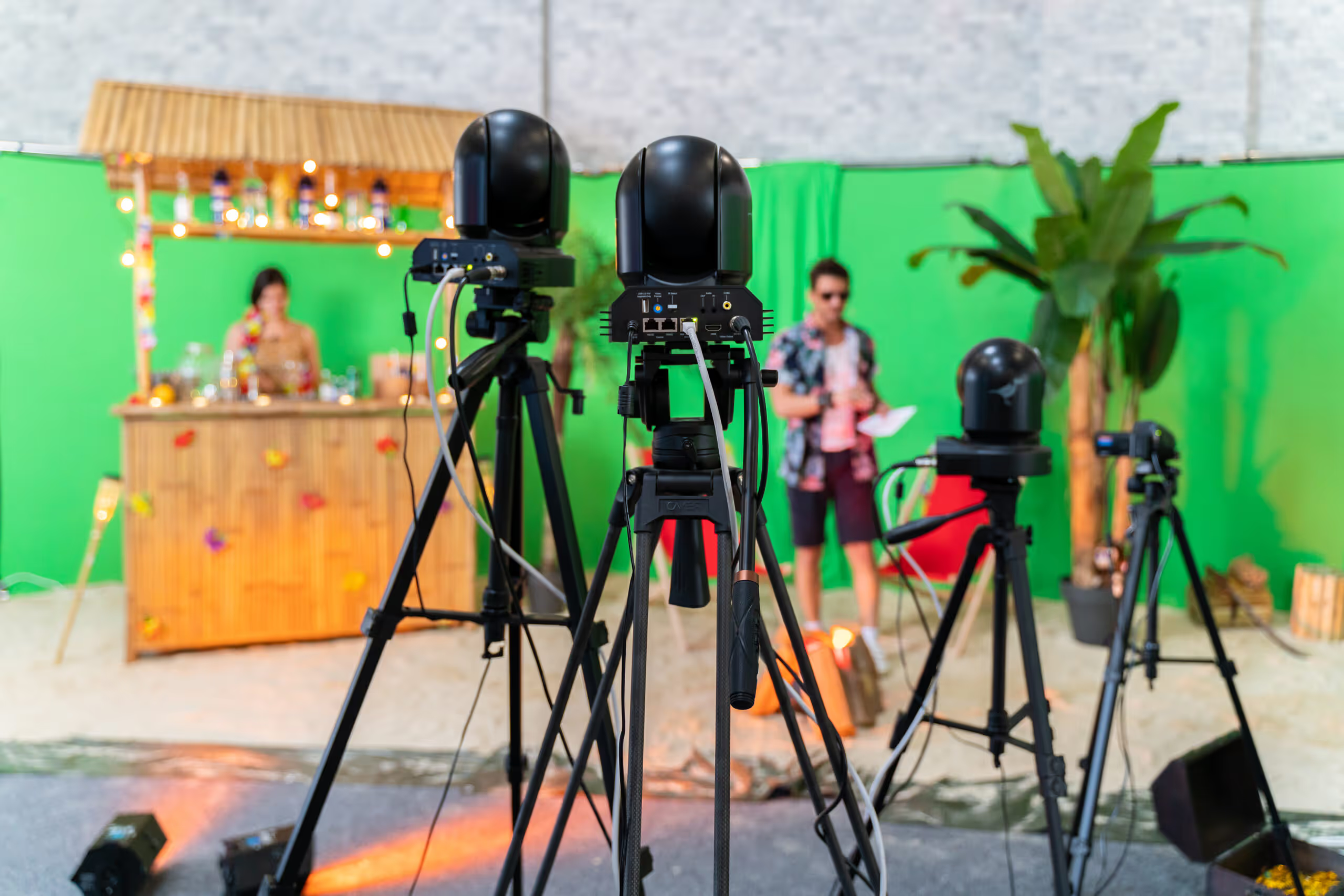
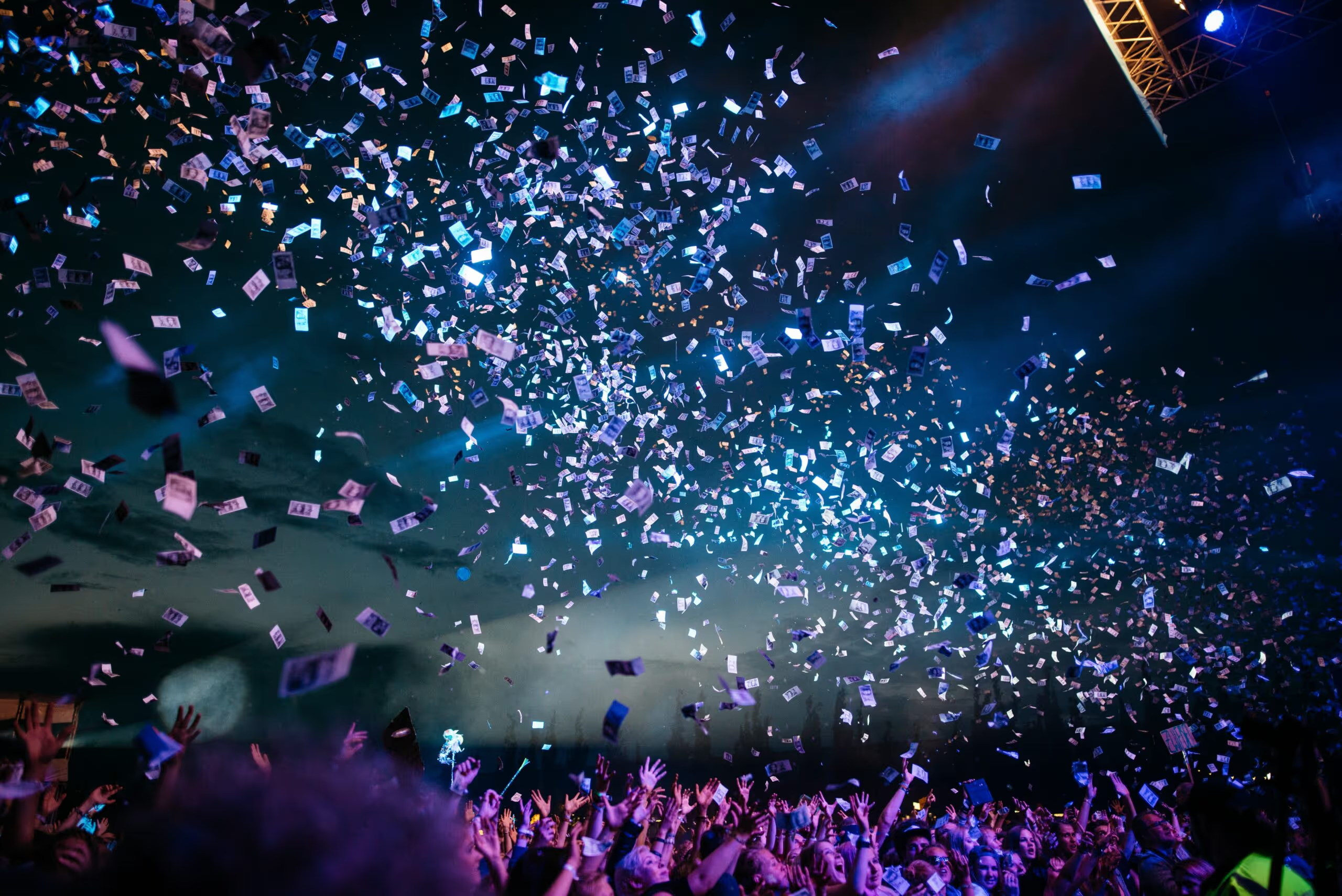

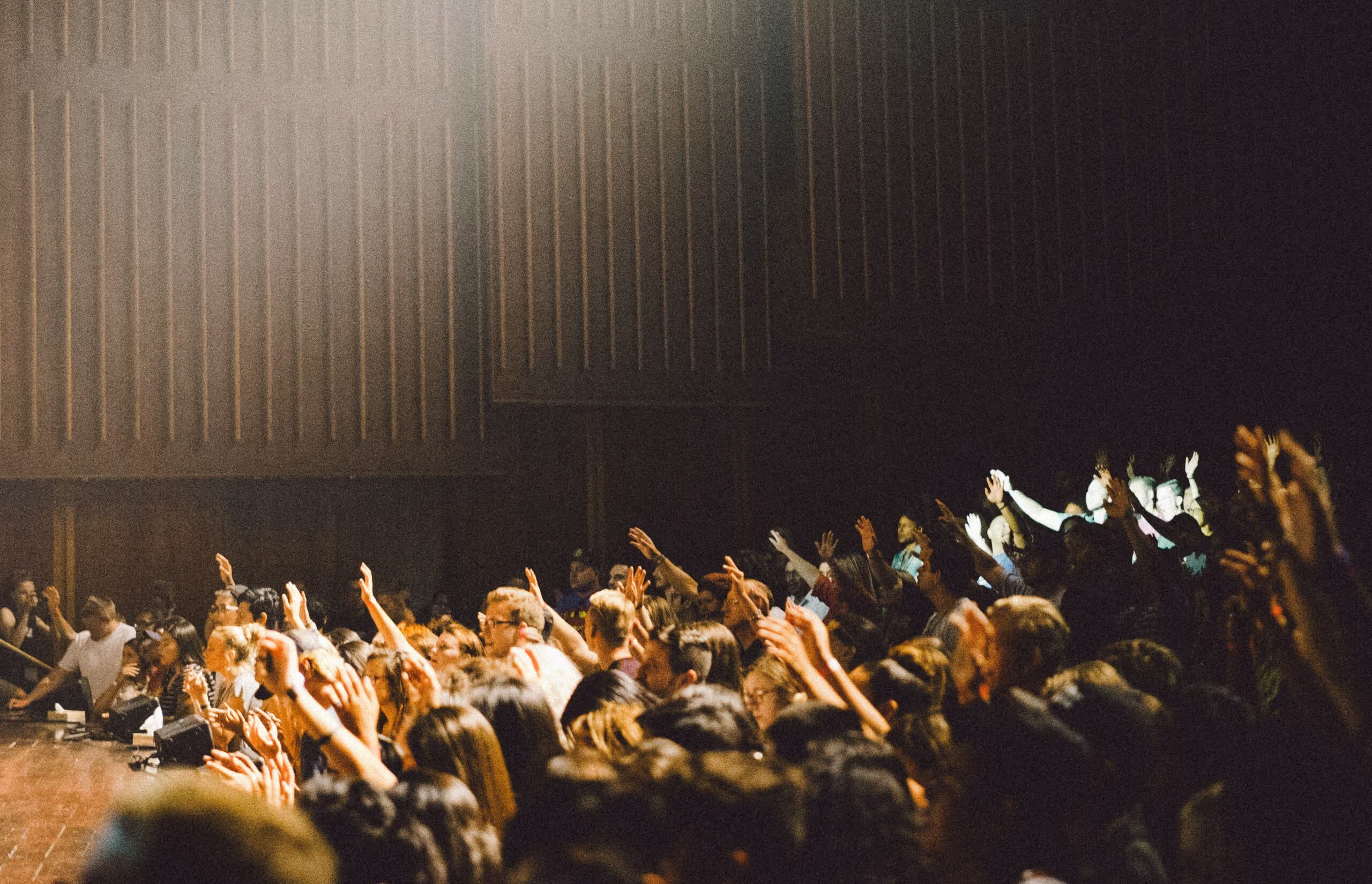
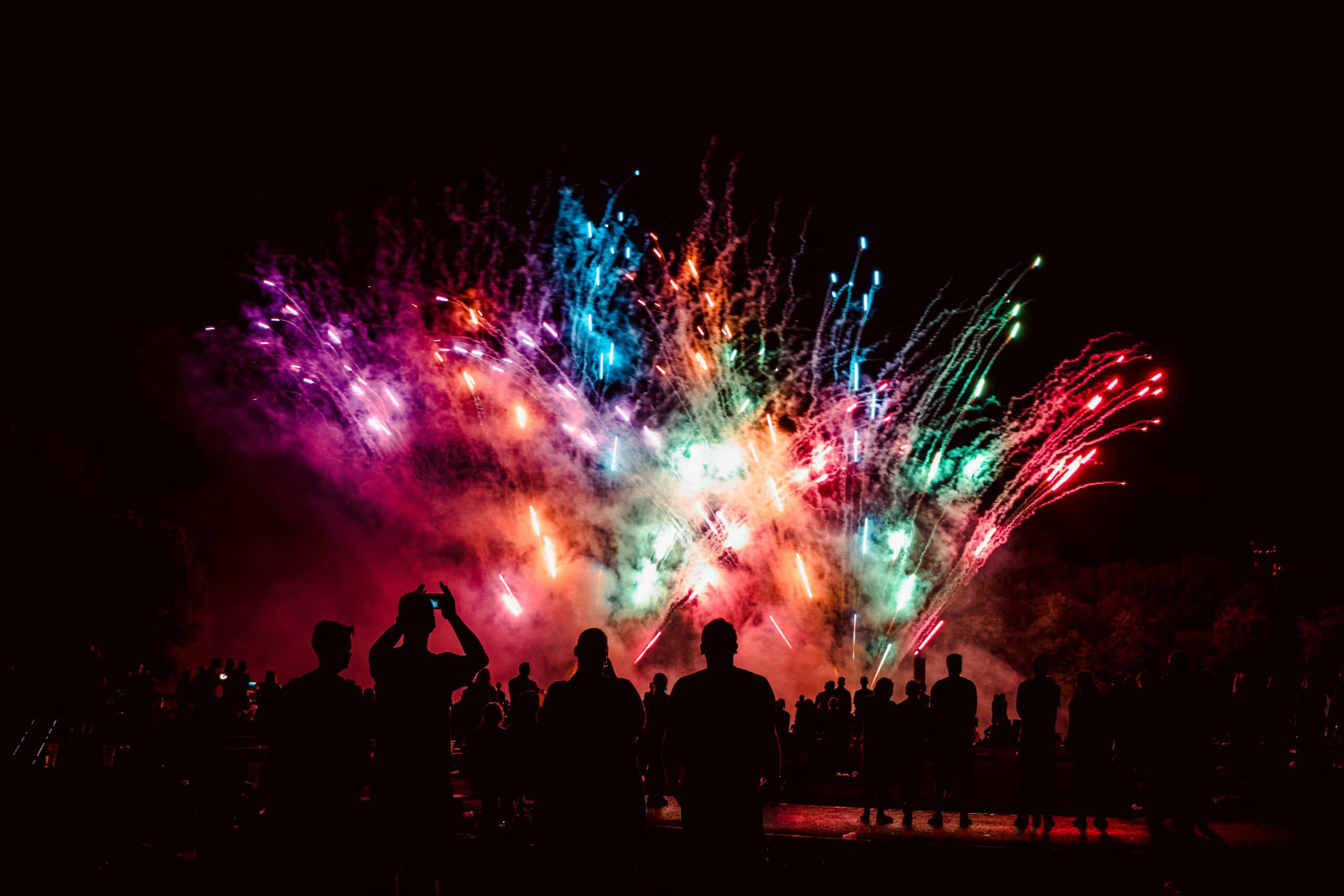
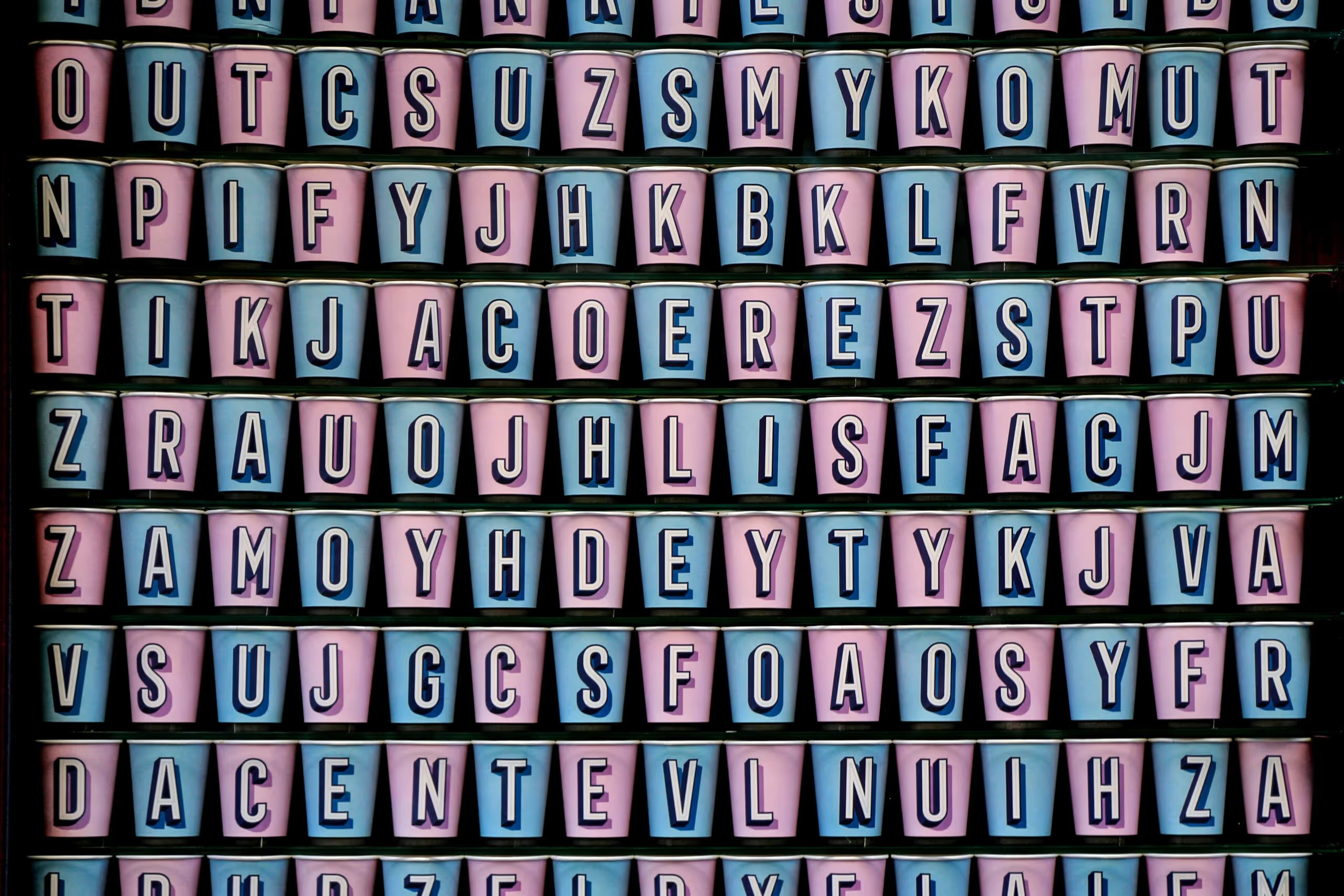
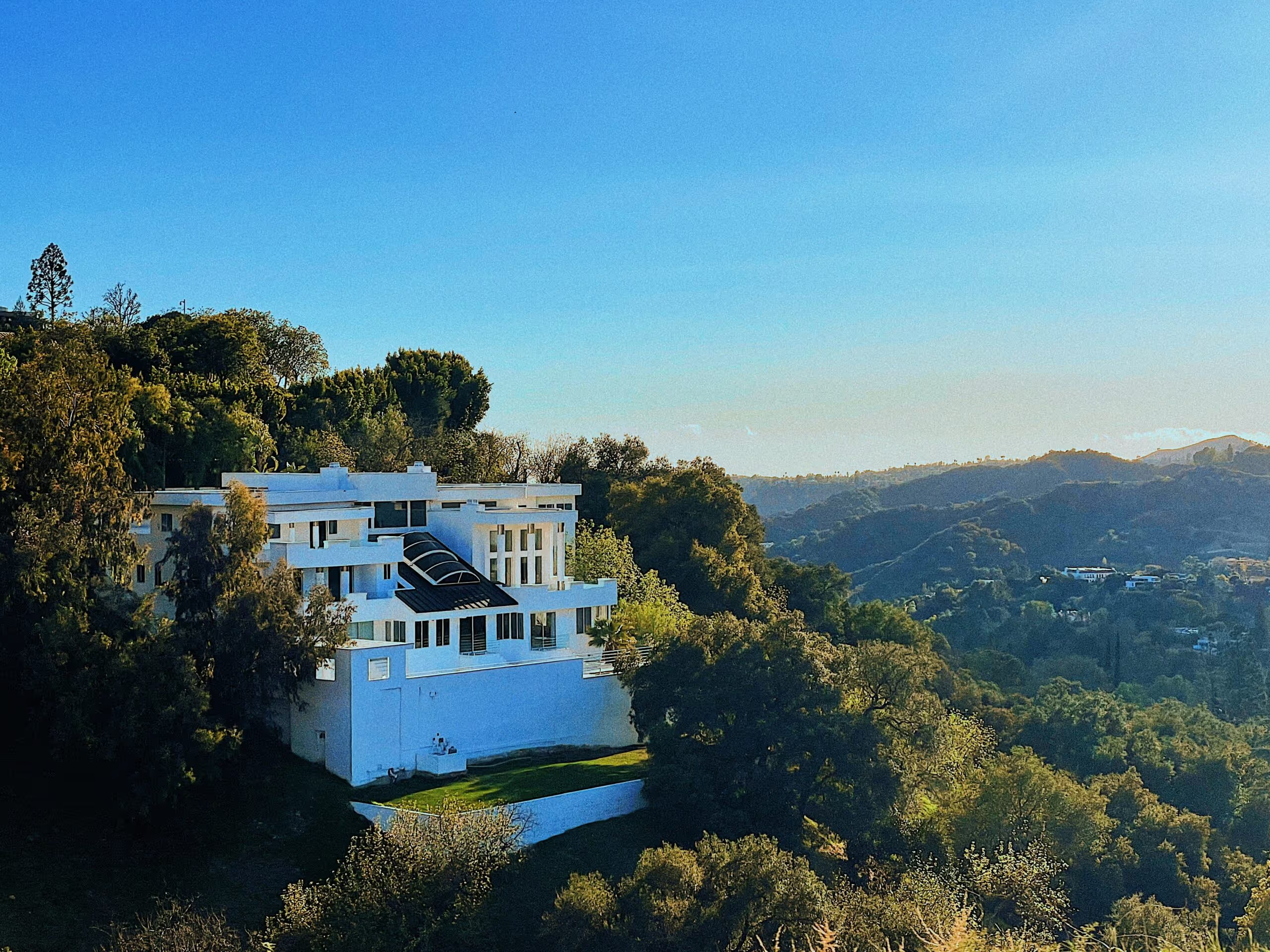
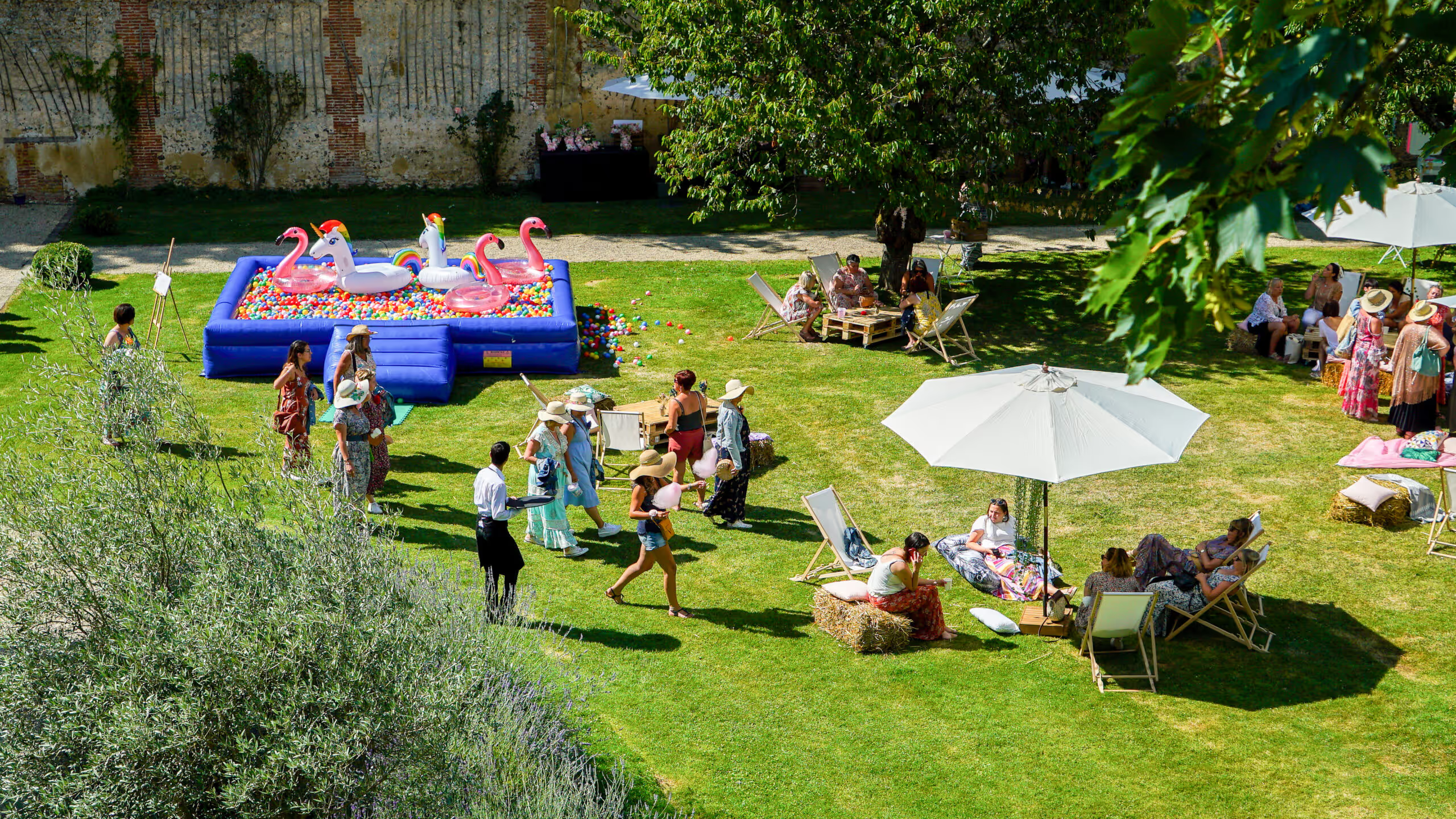
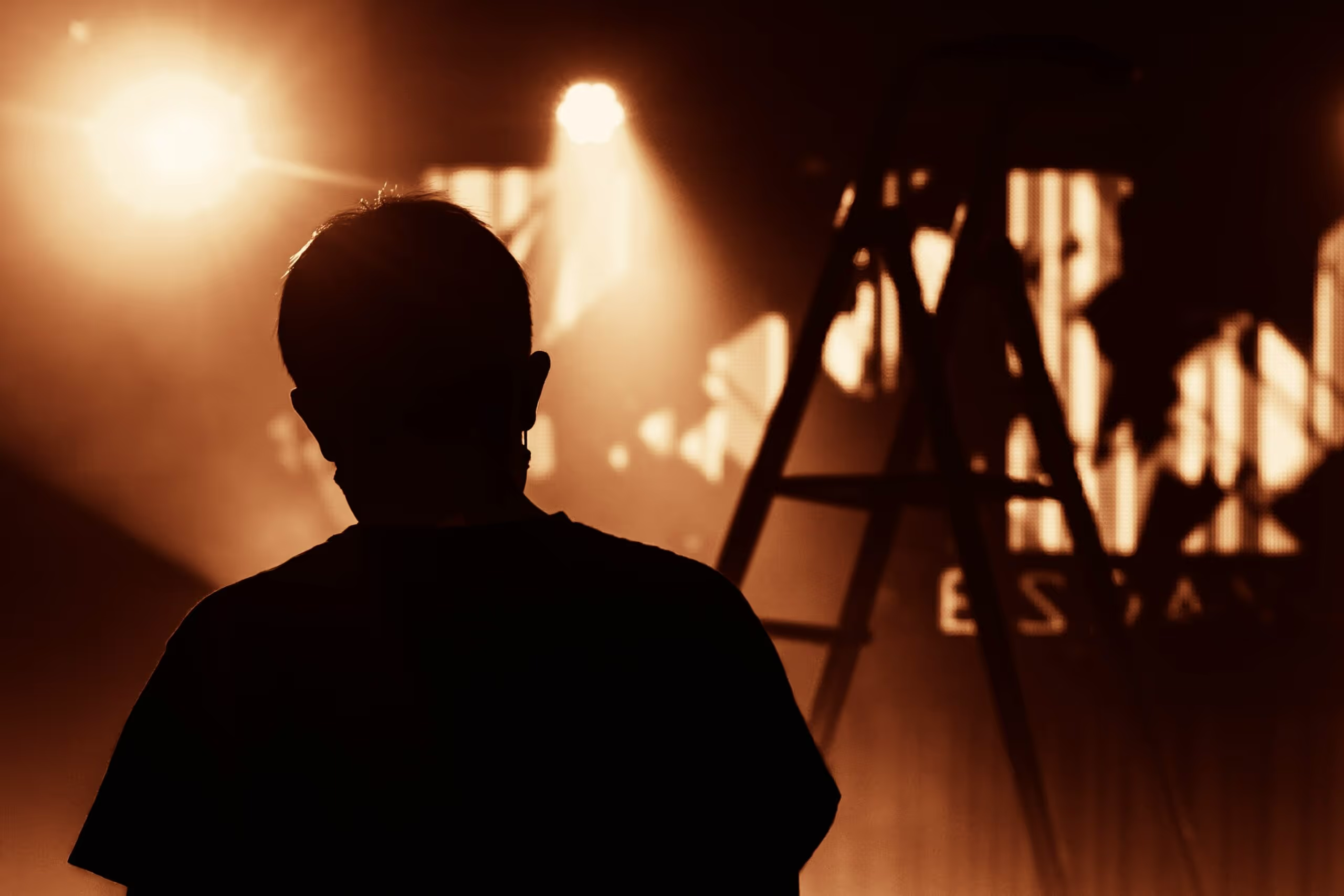
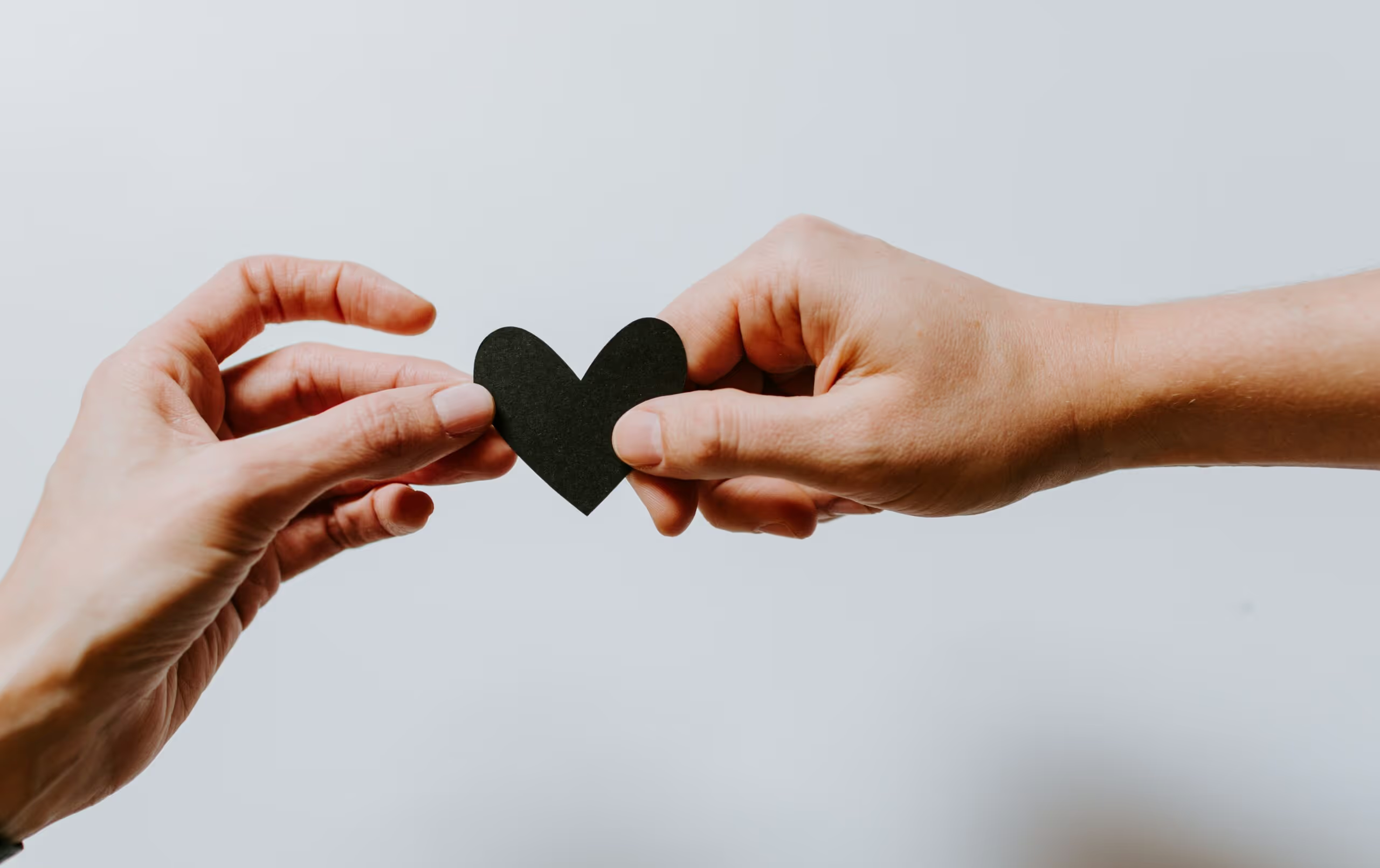
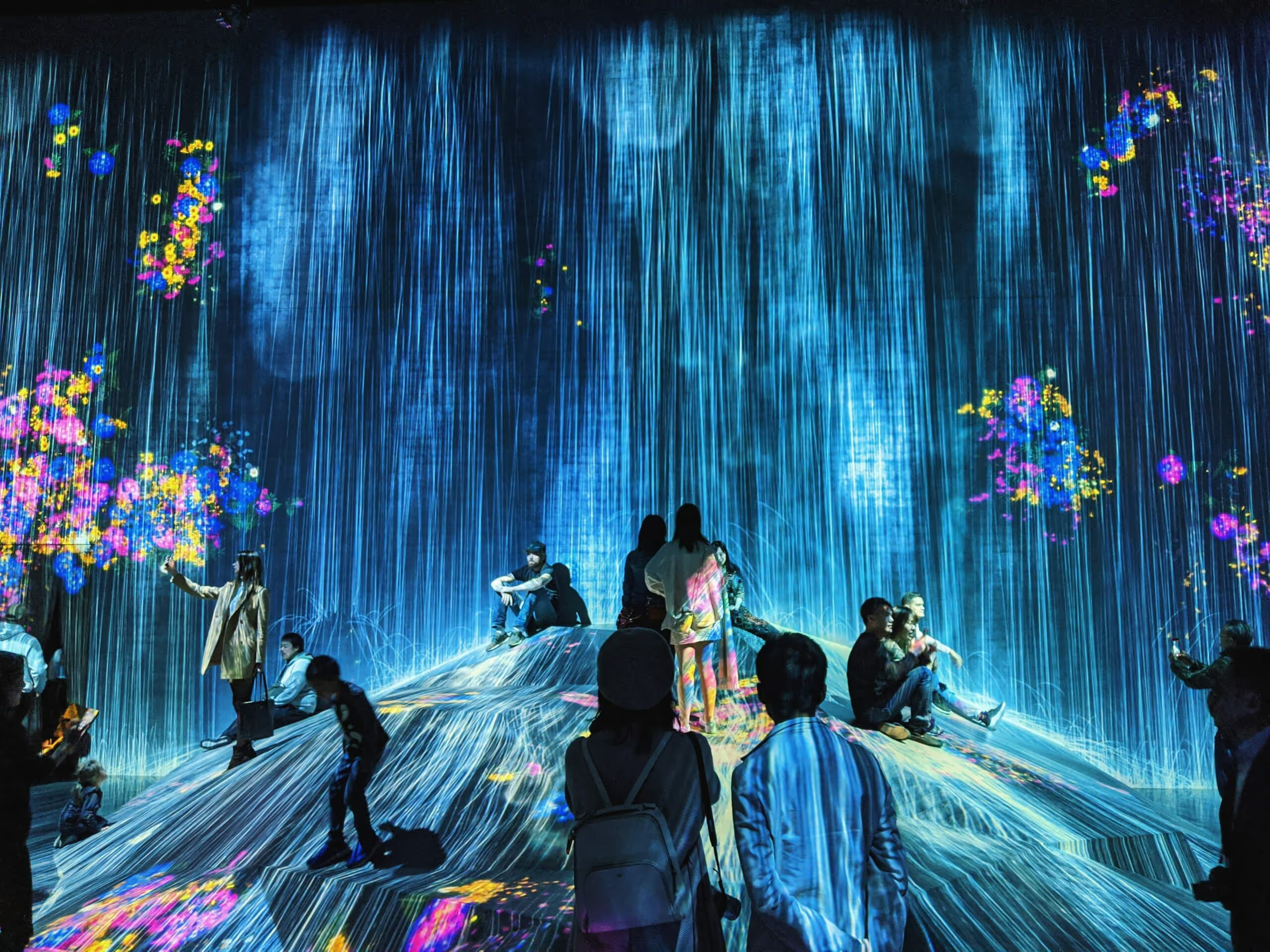
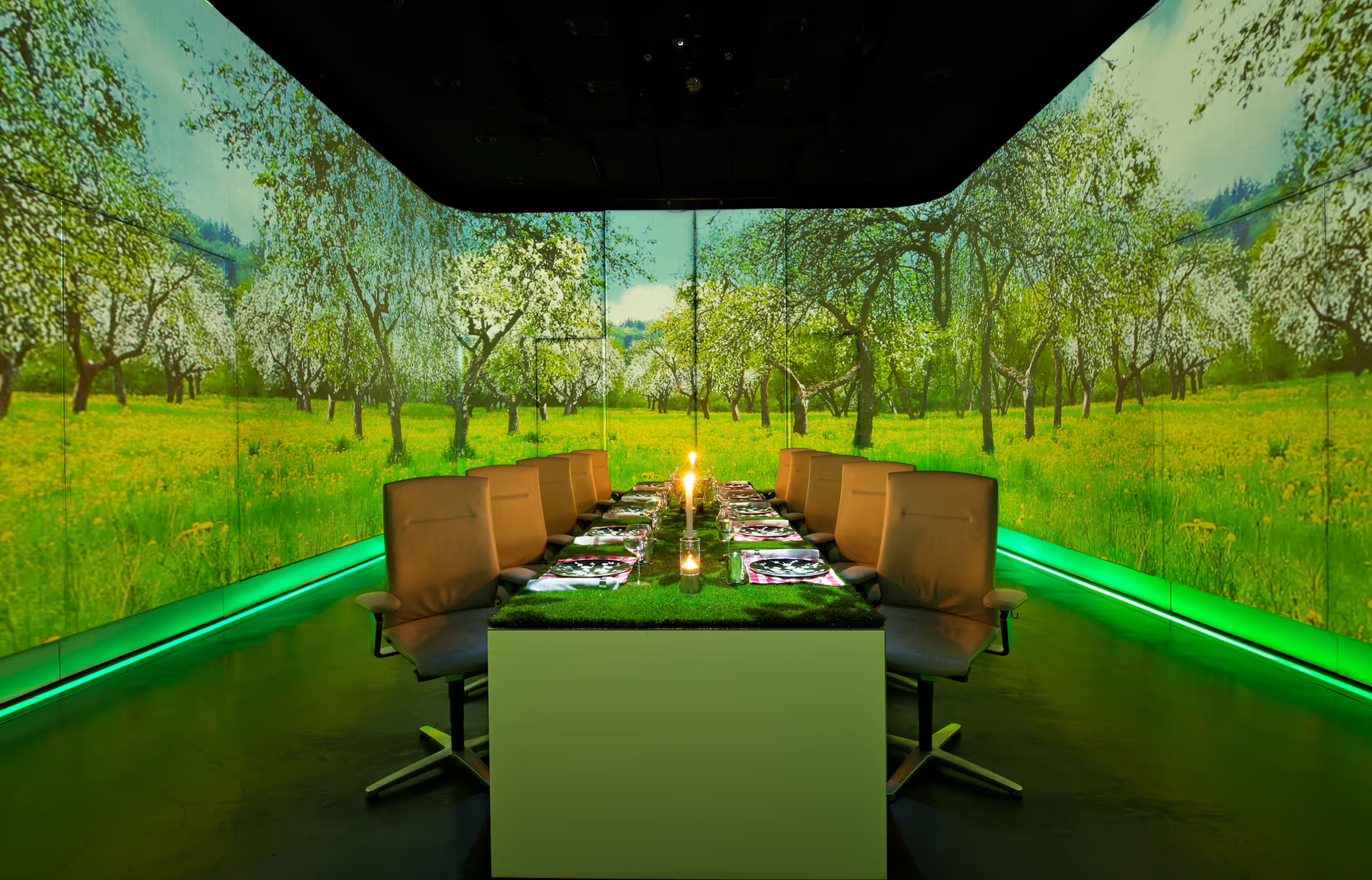
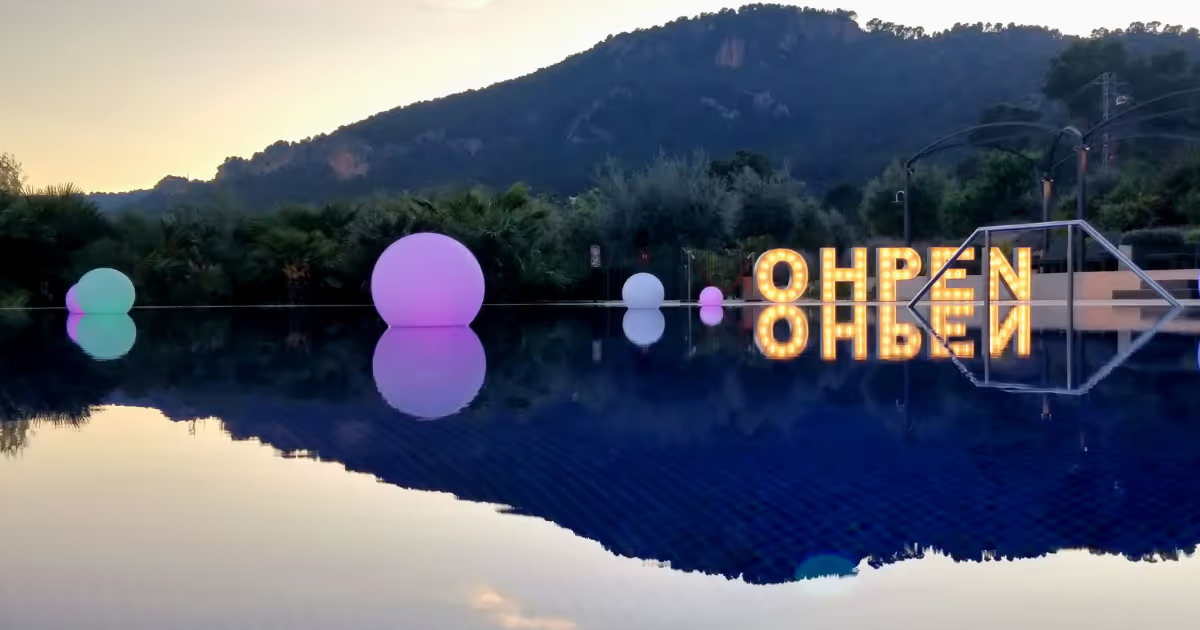
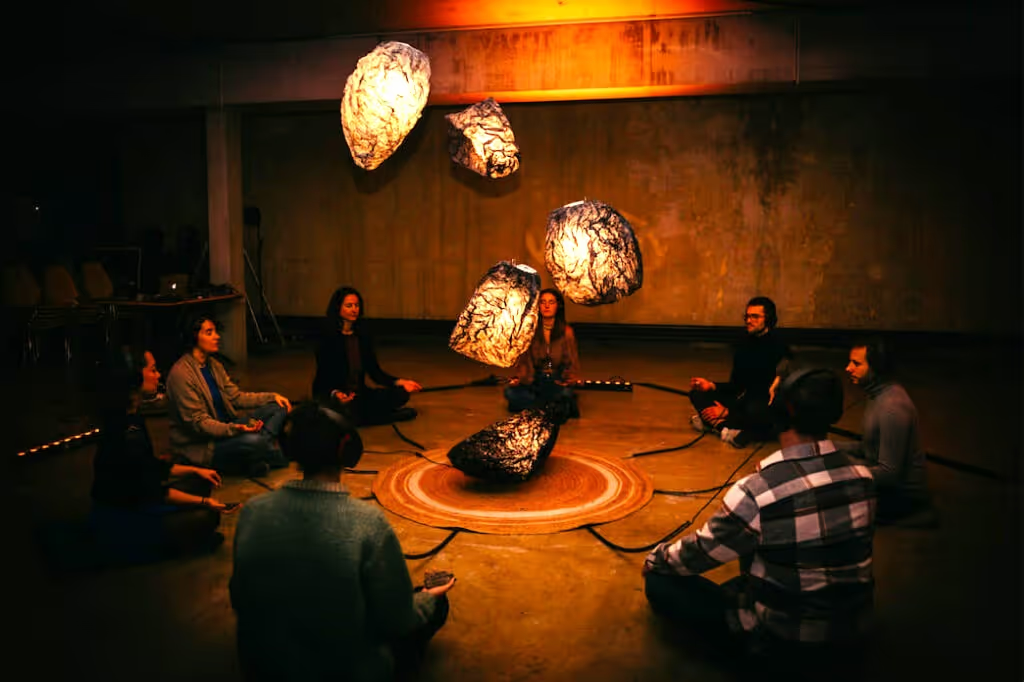
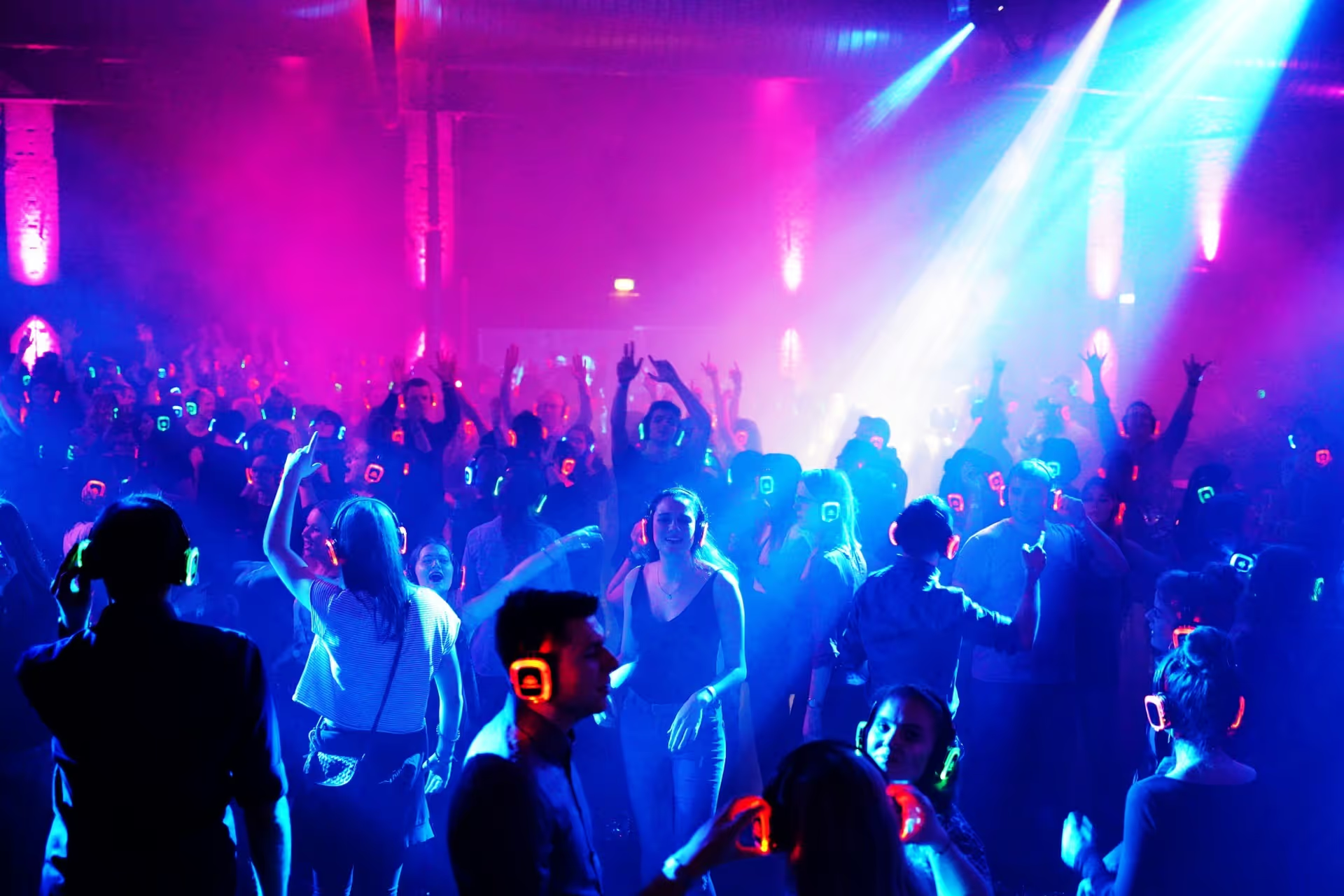
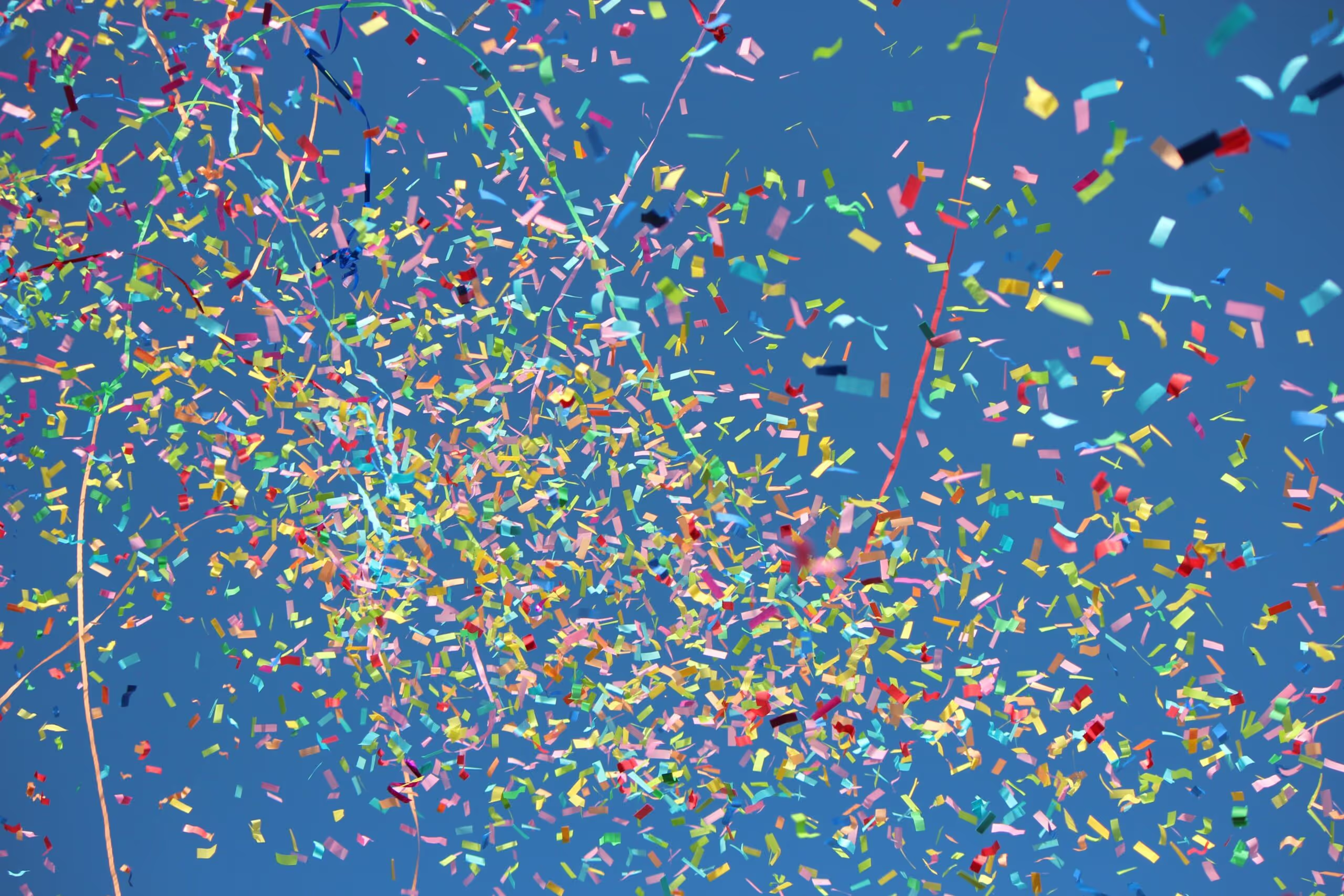
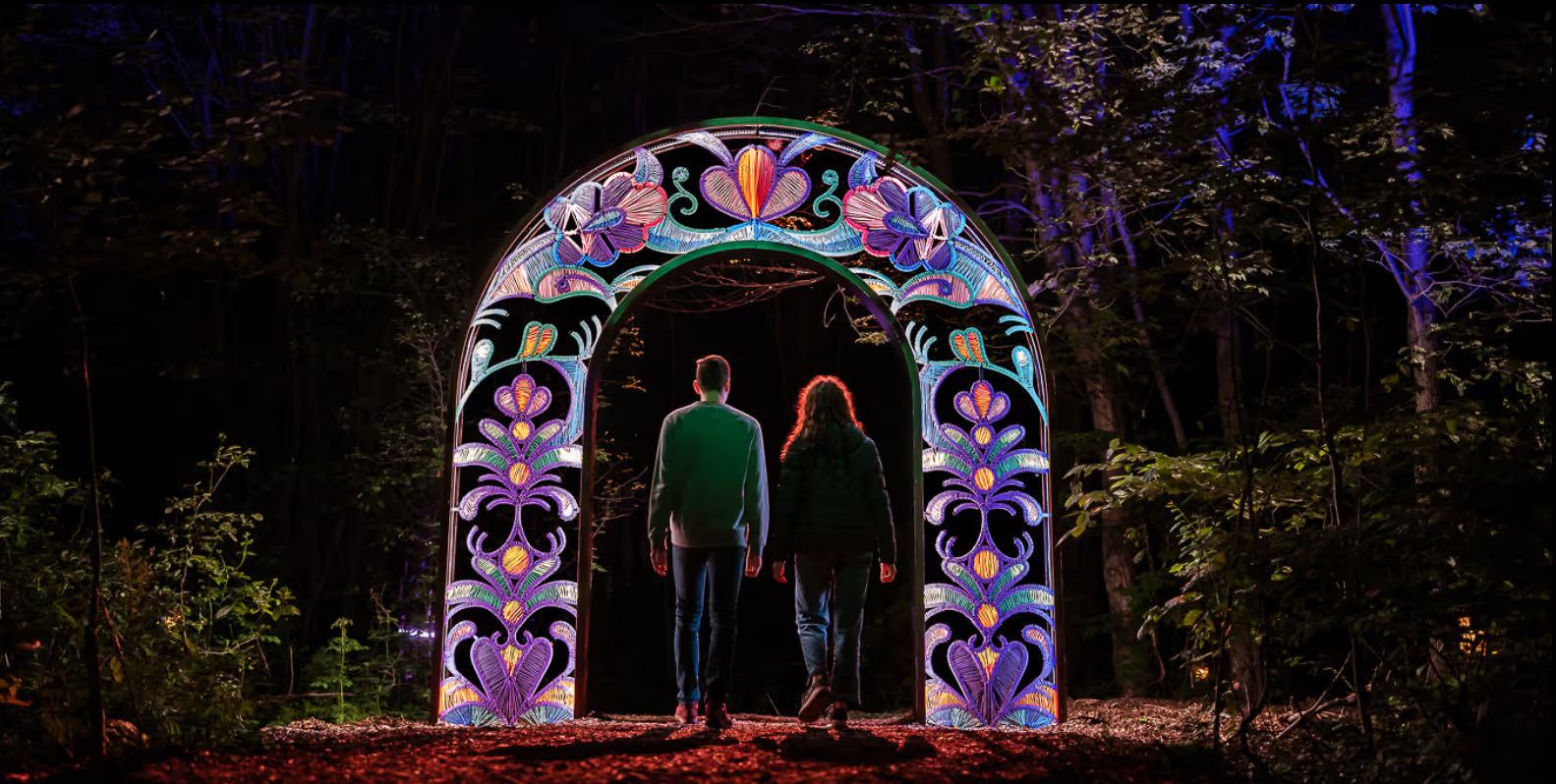

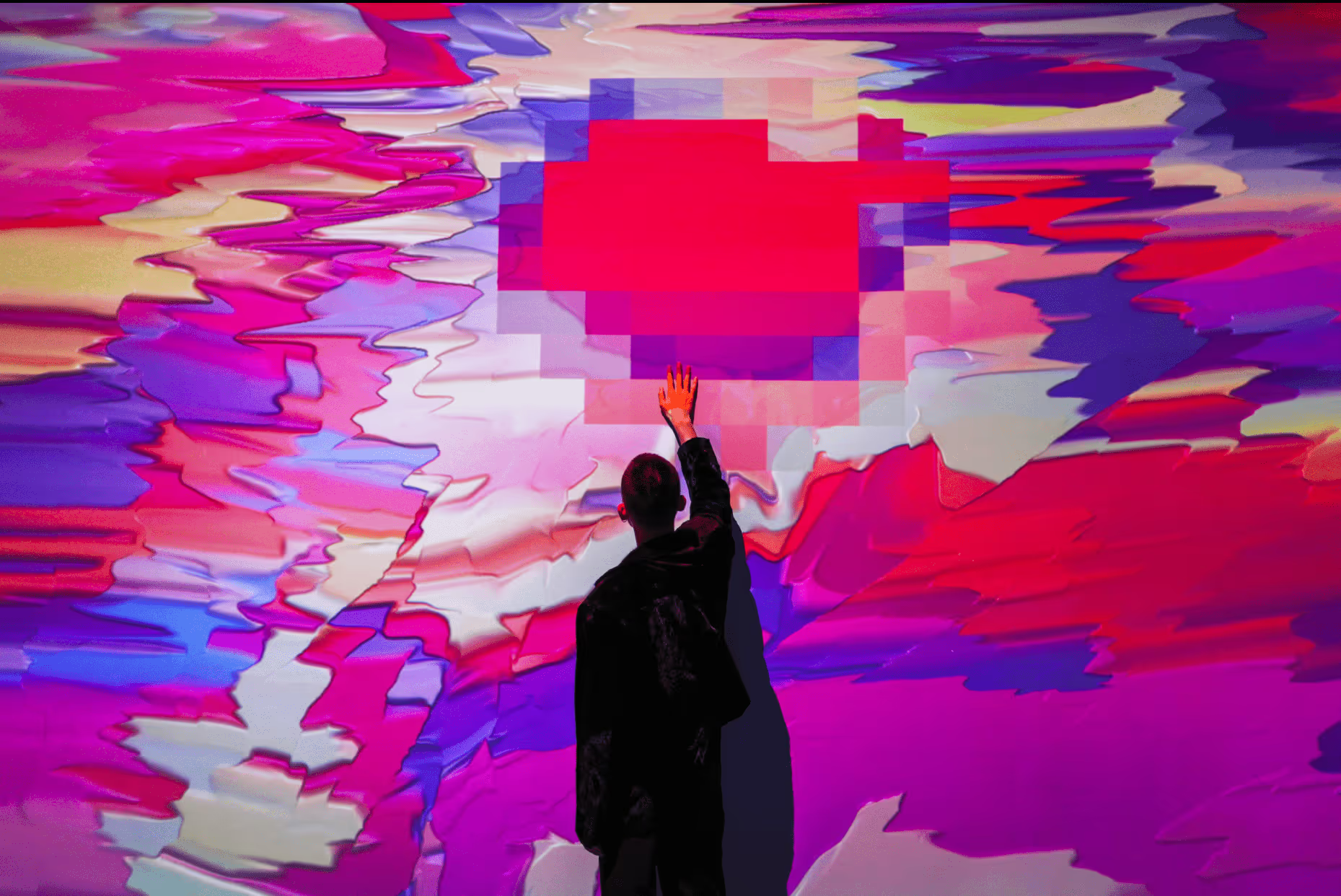

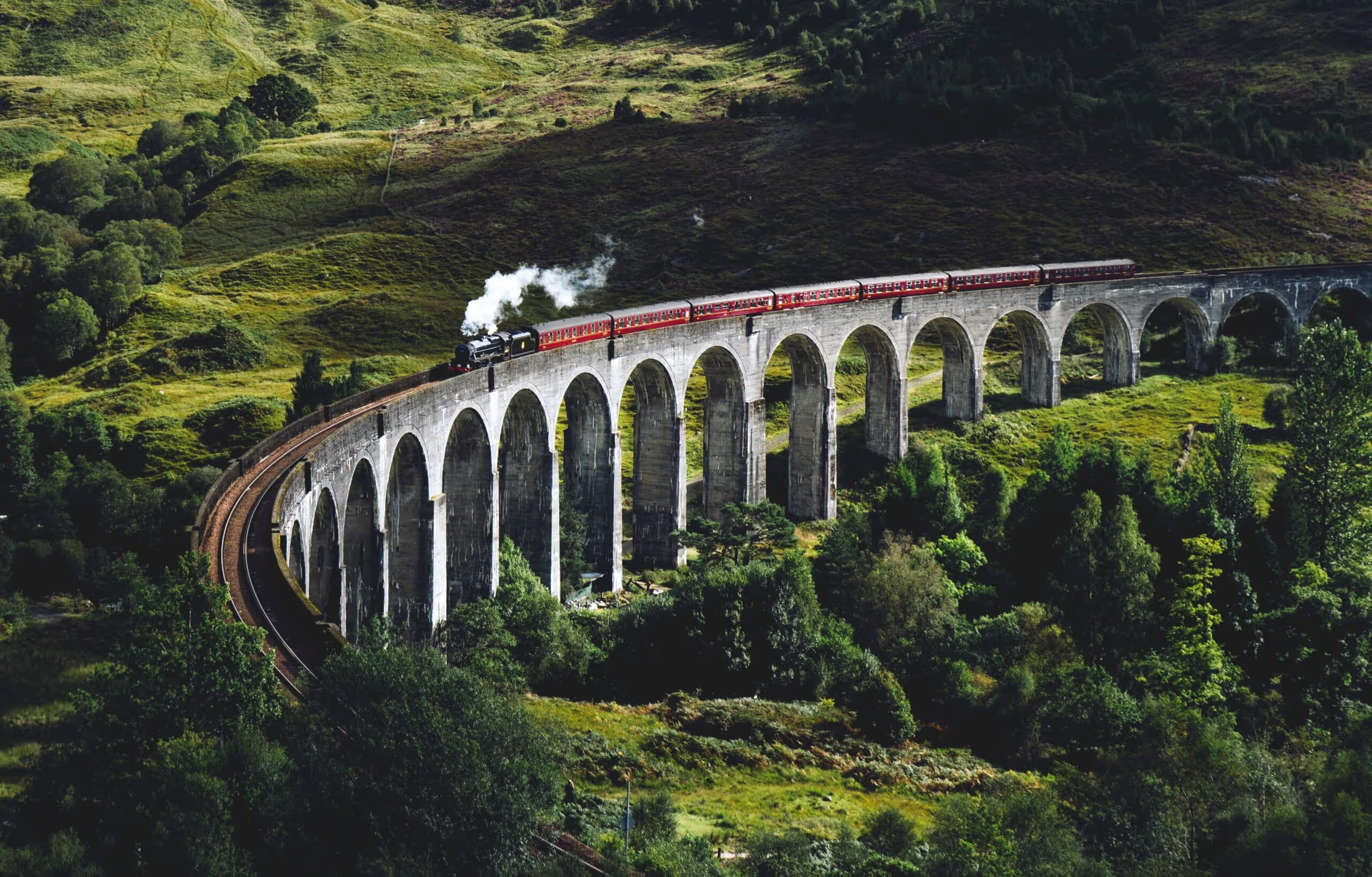

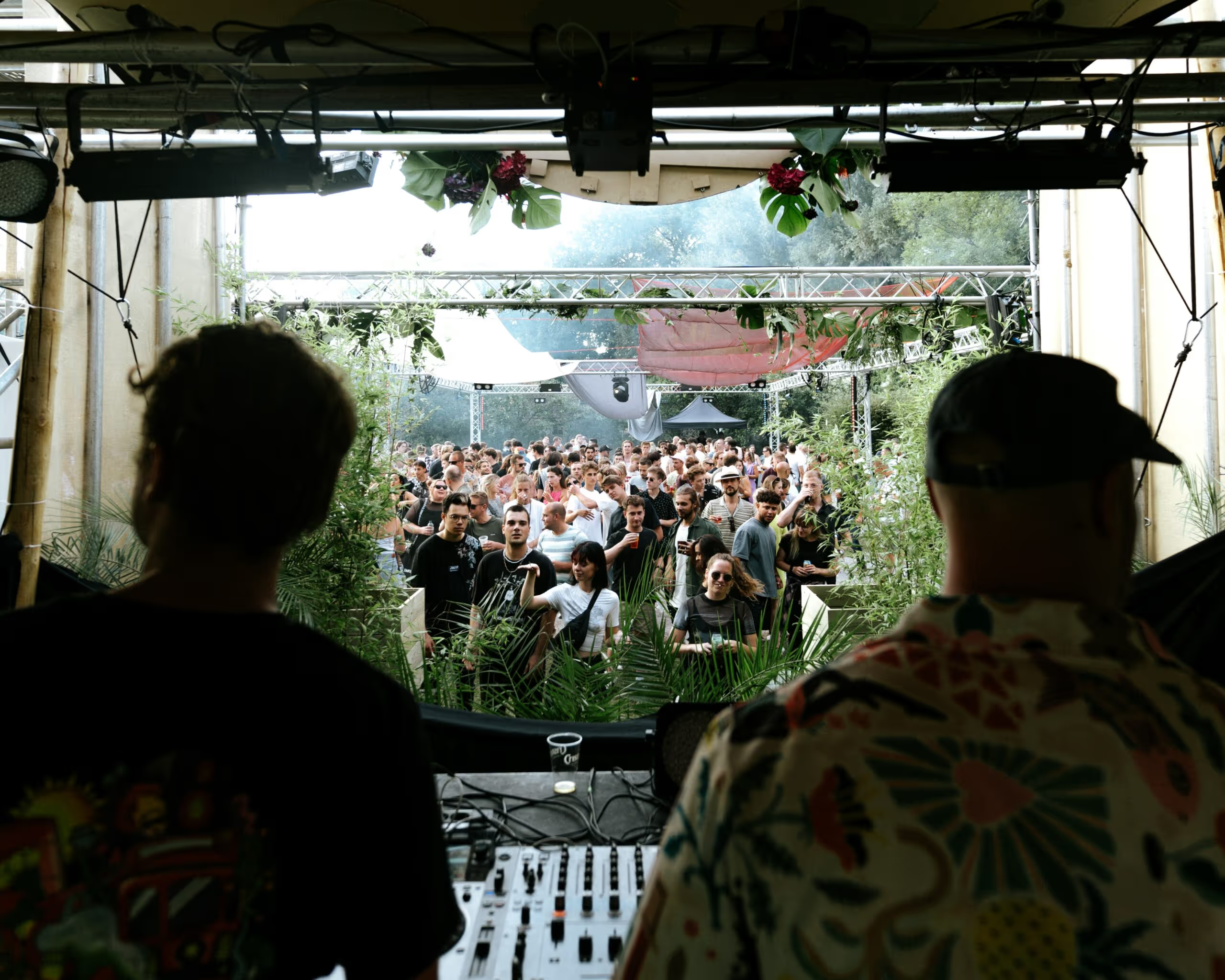

.png)
